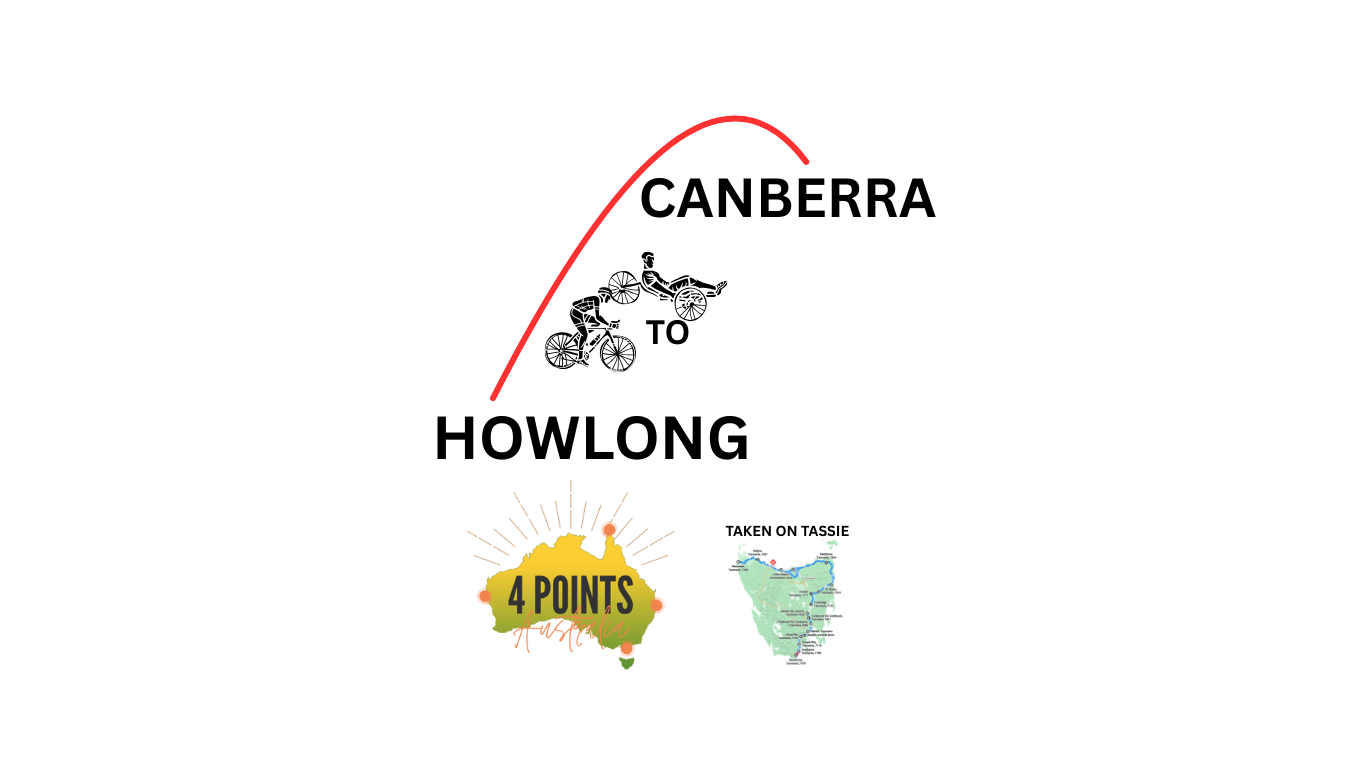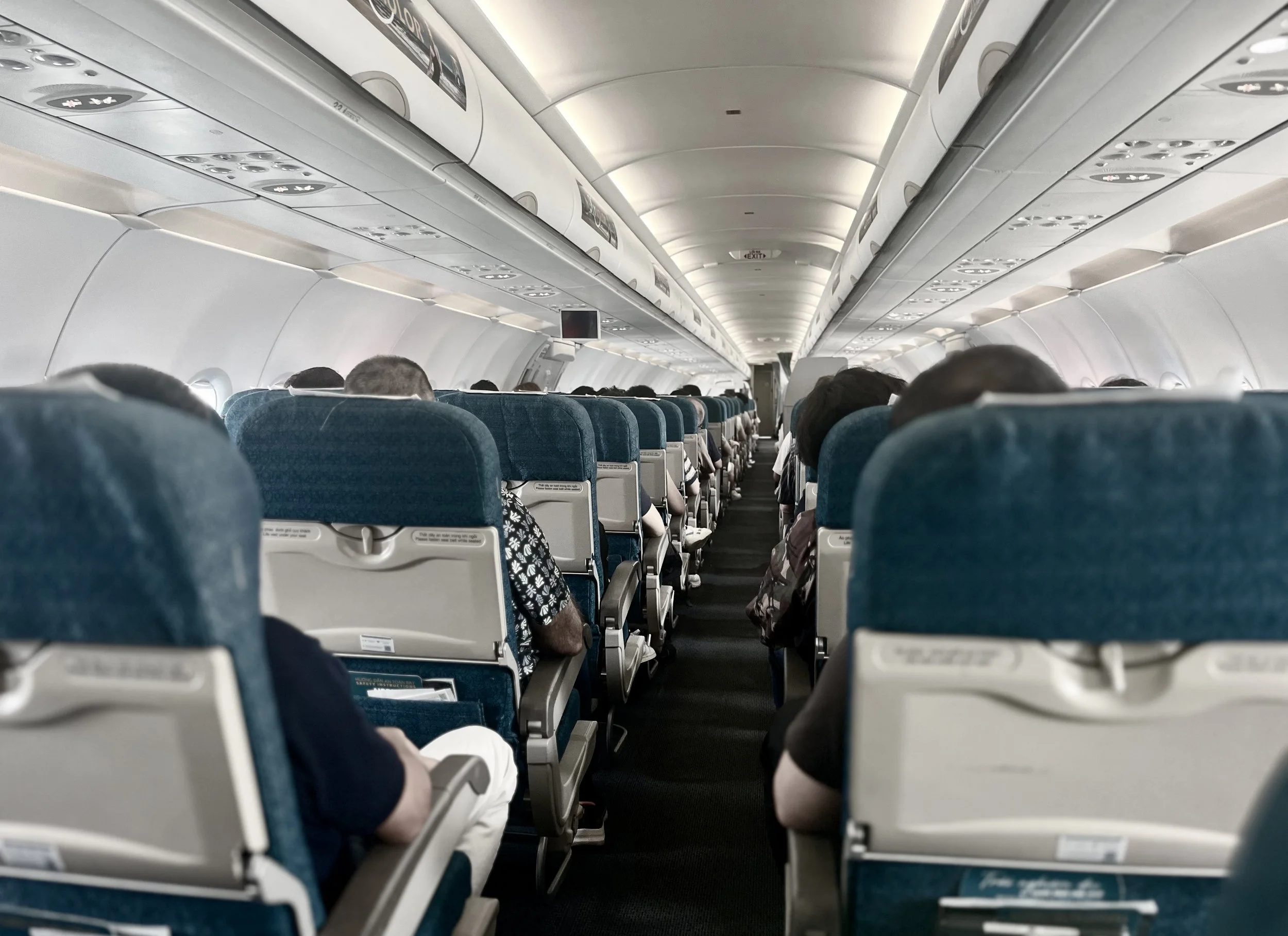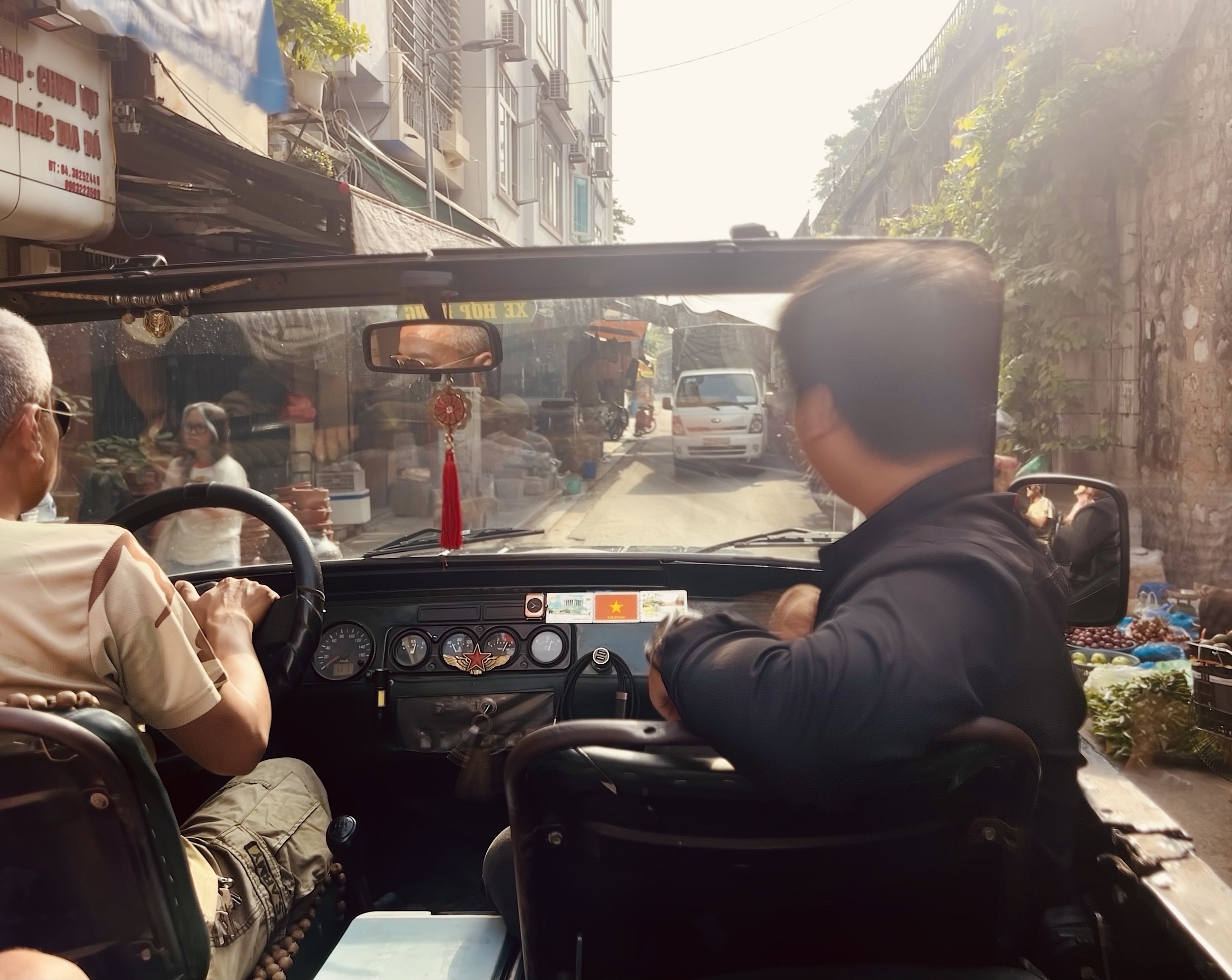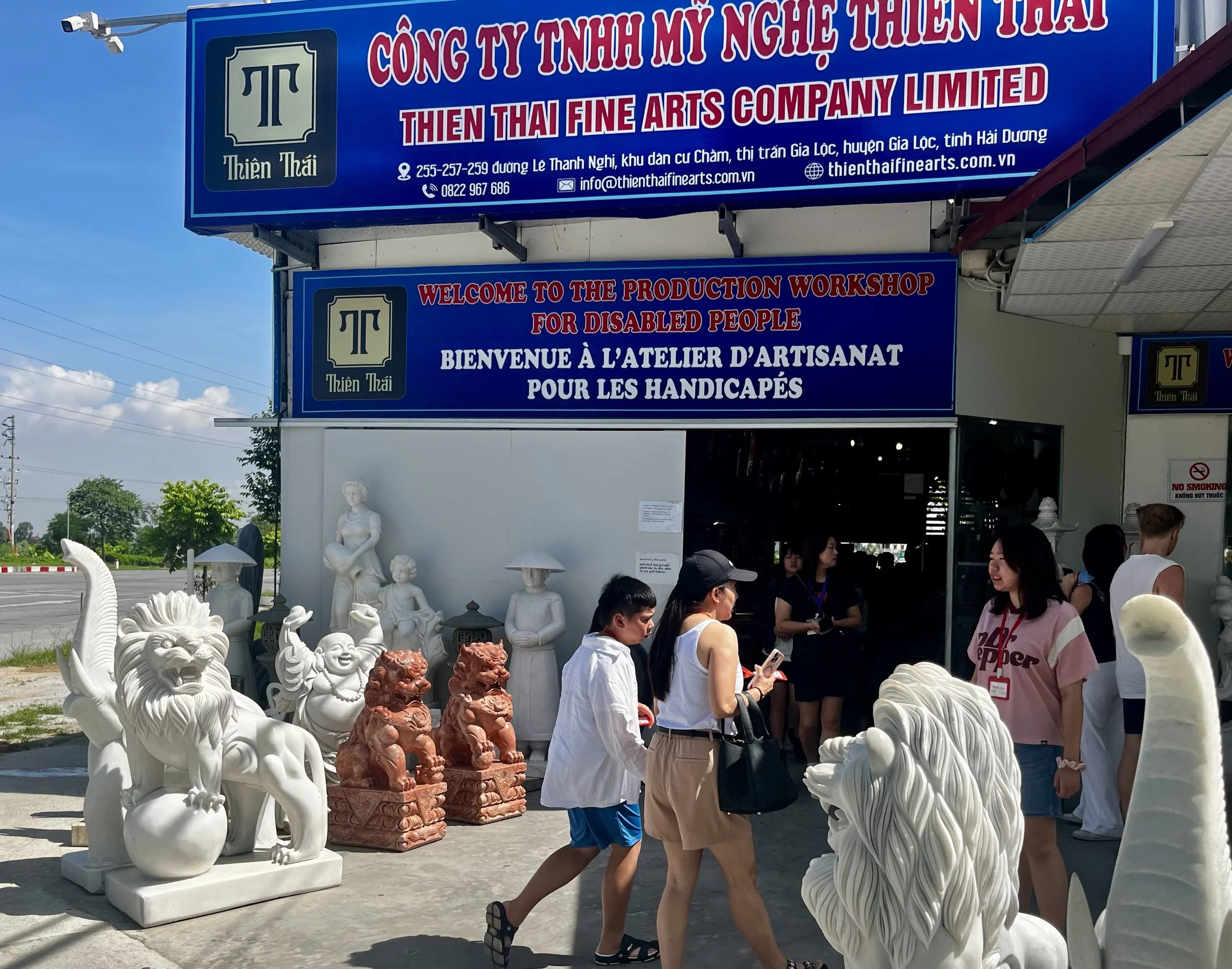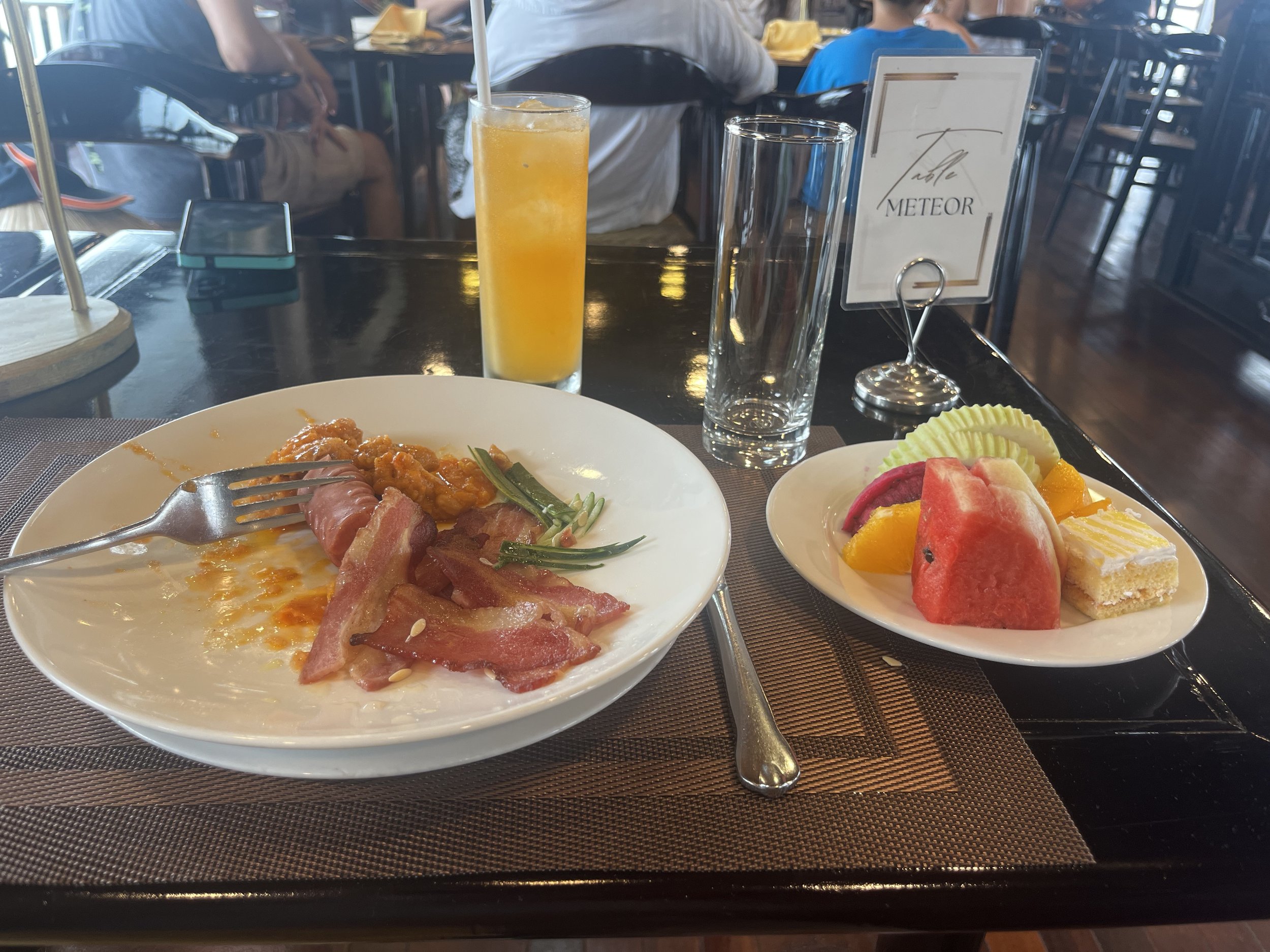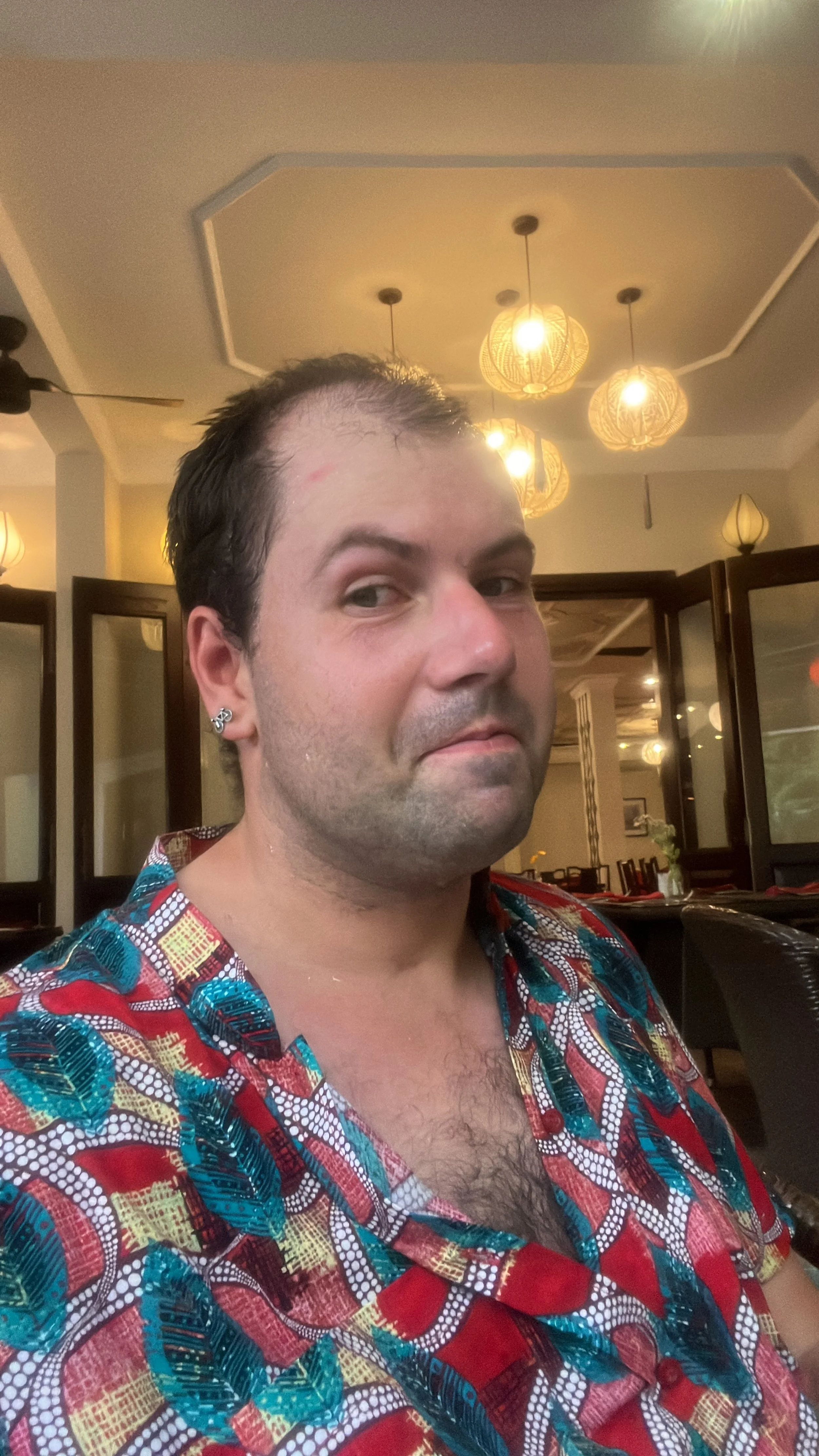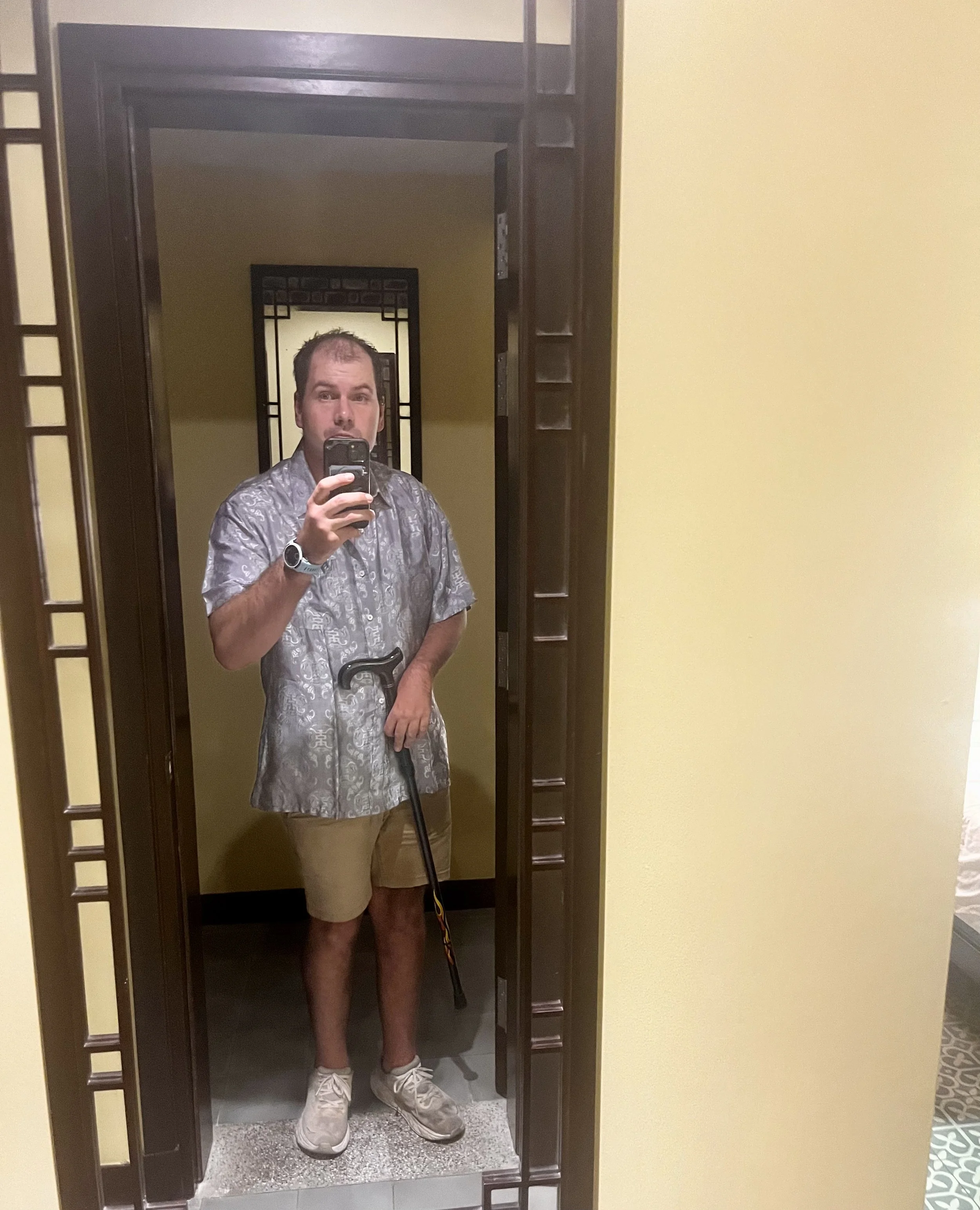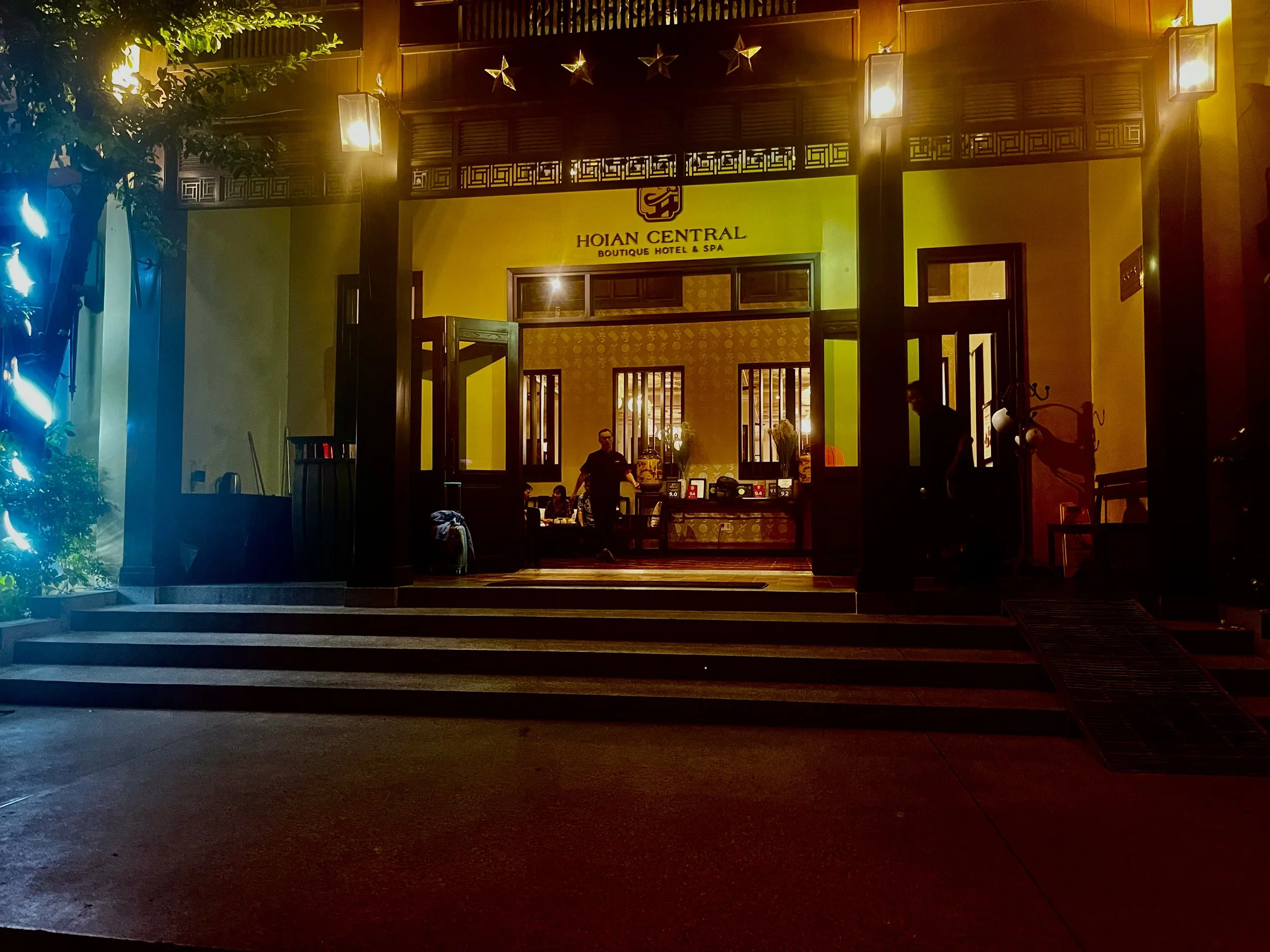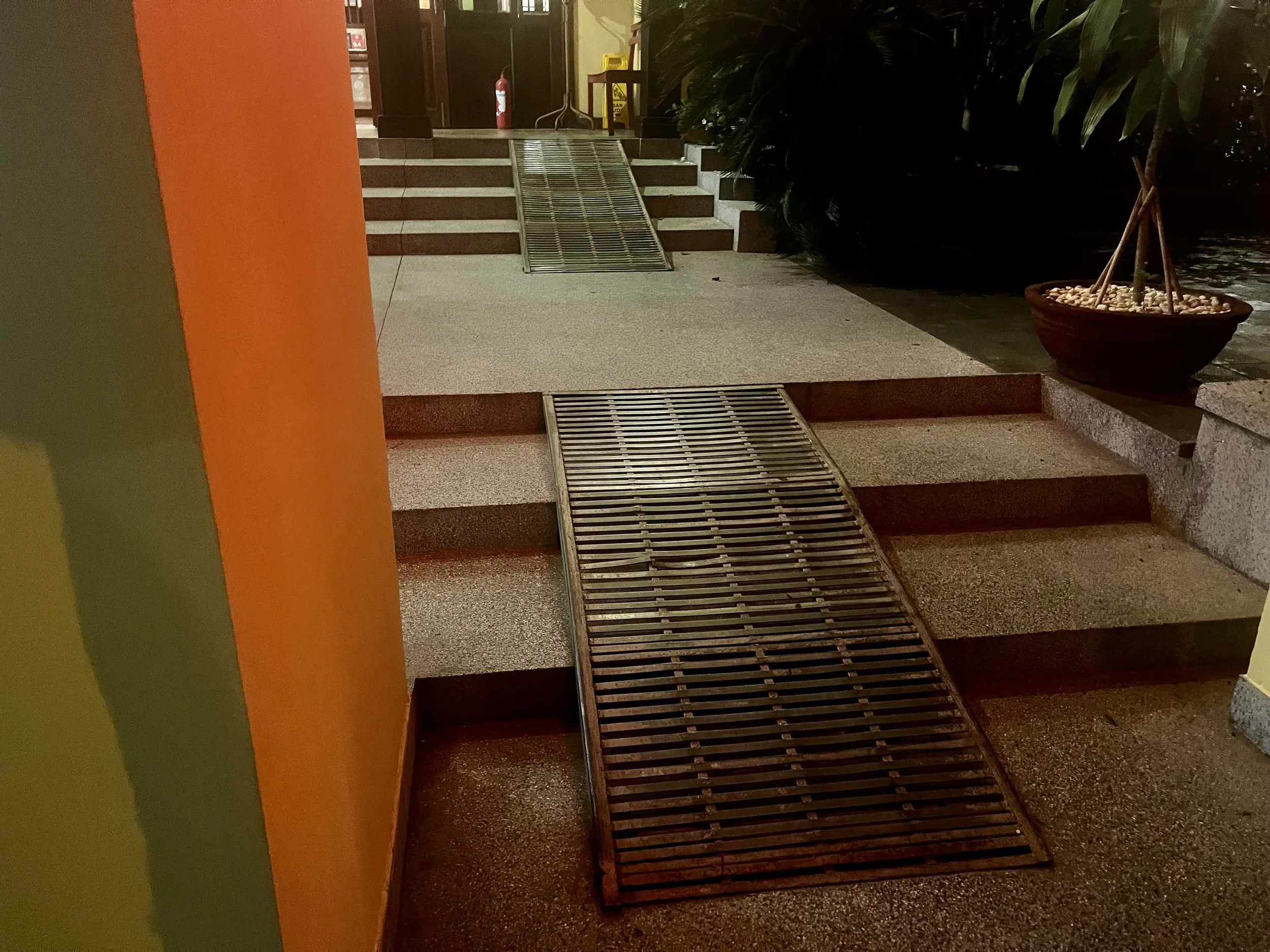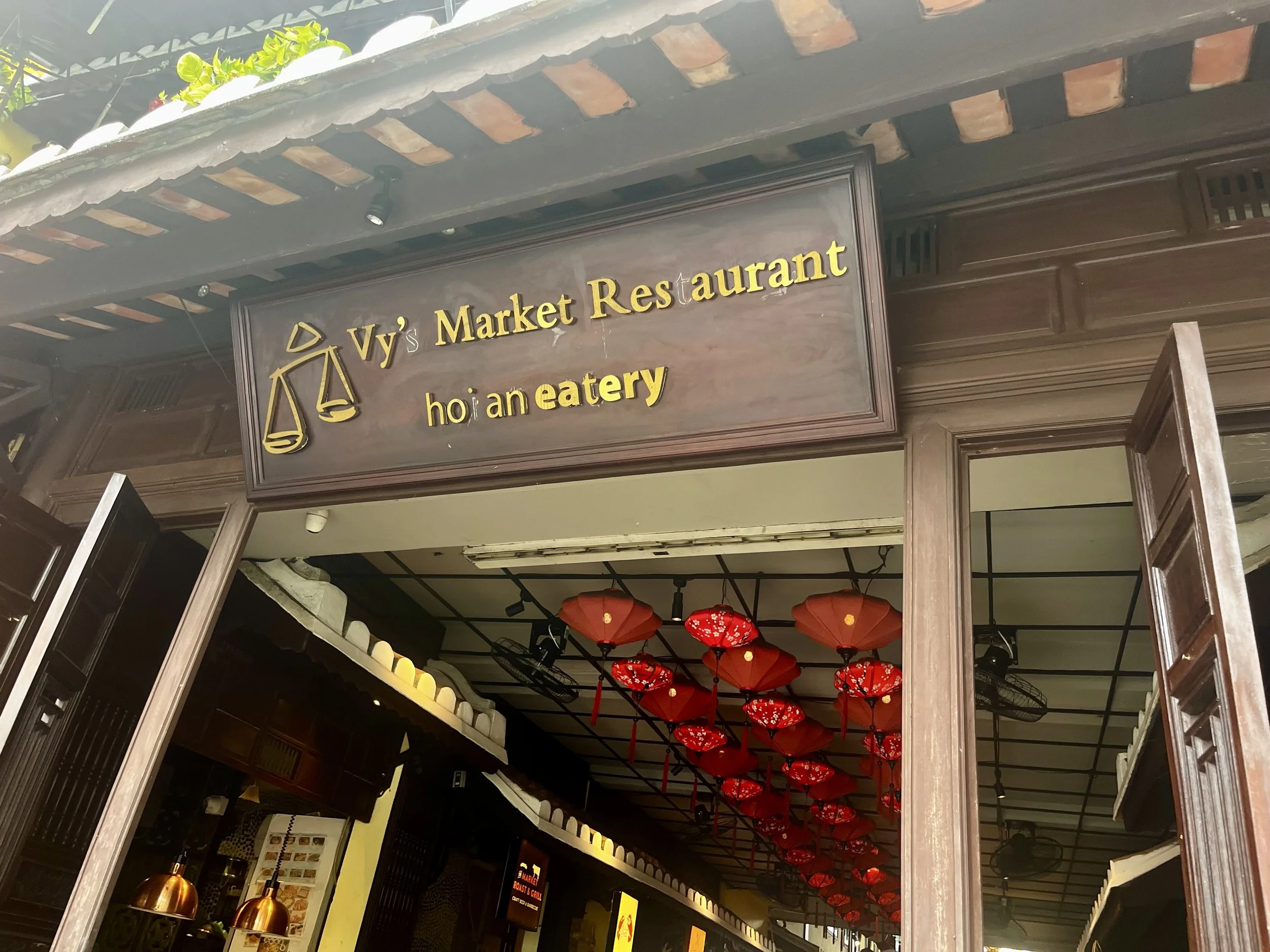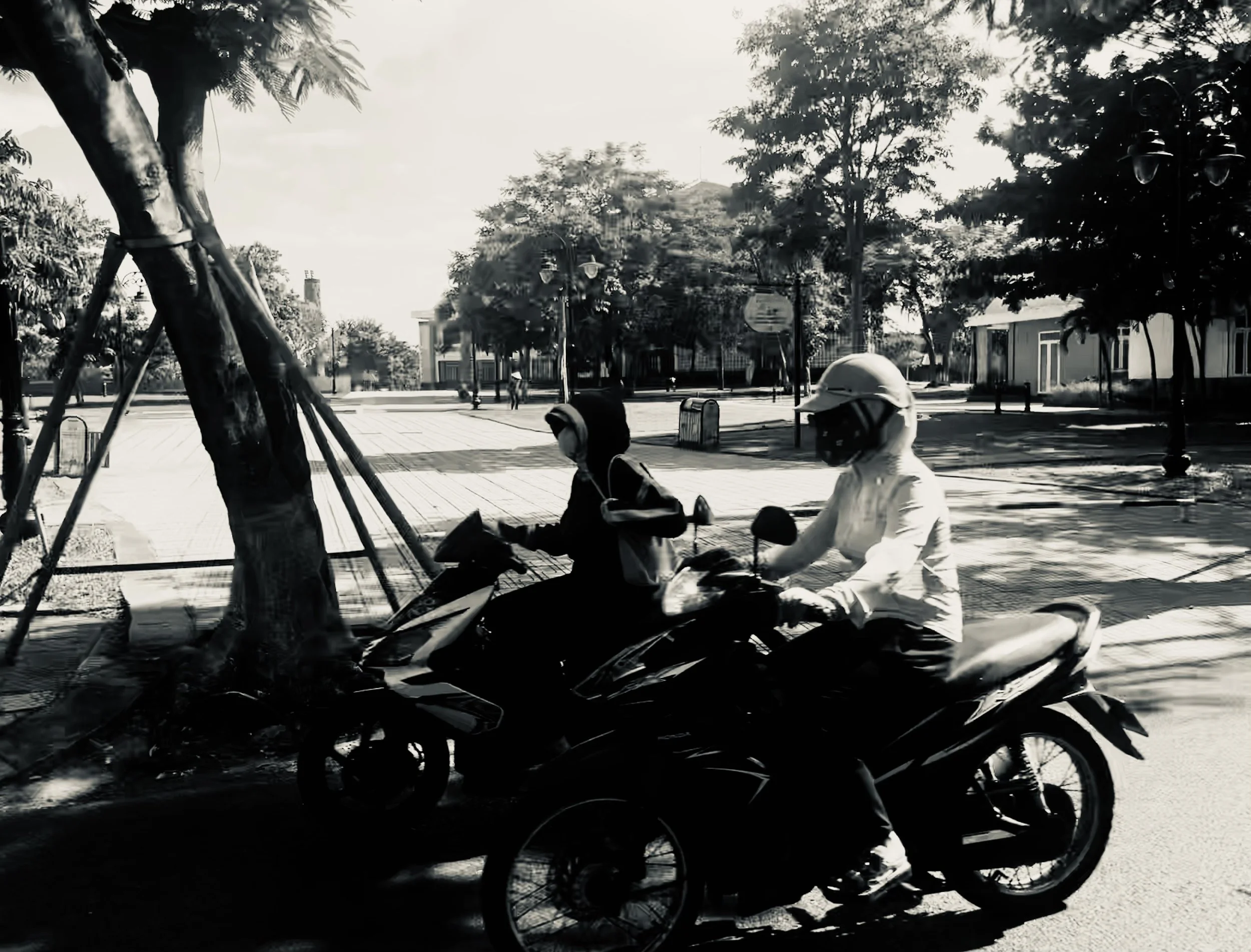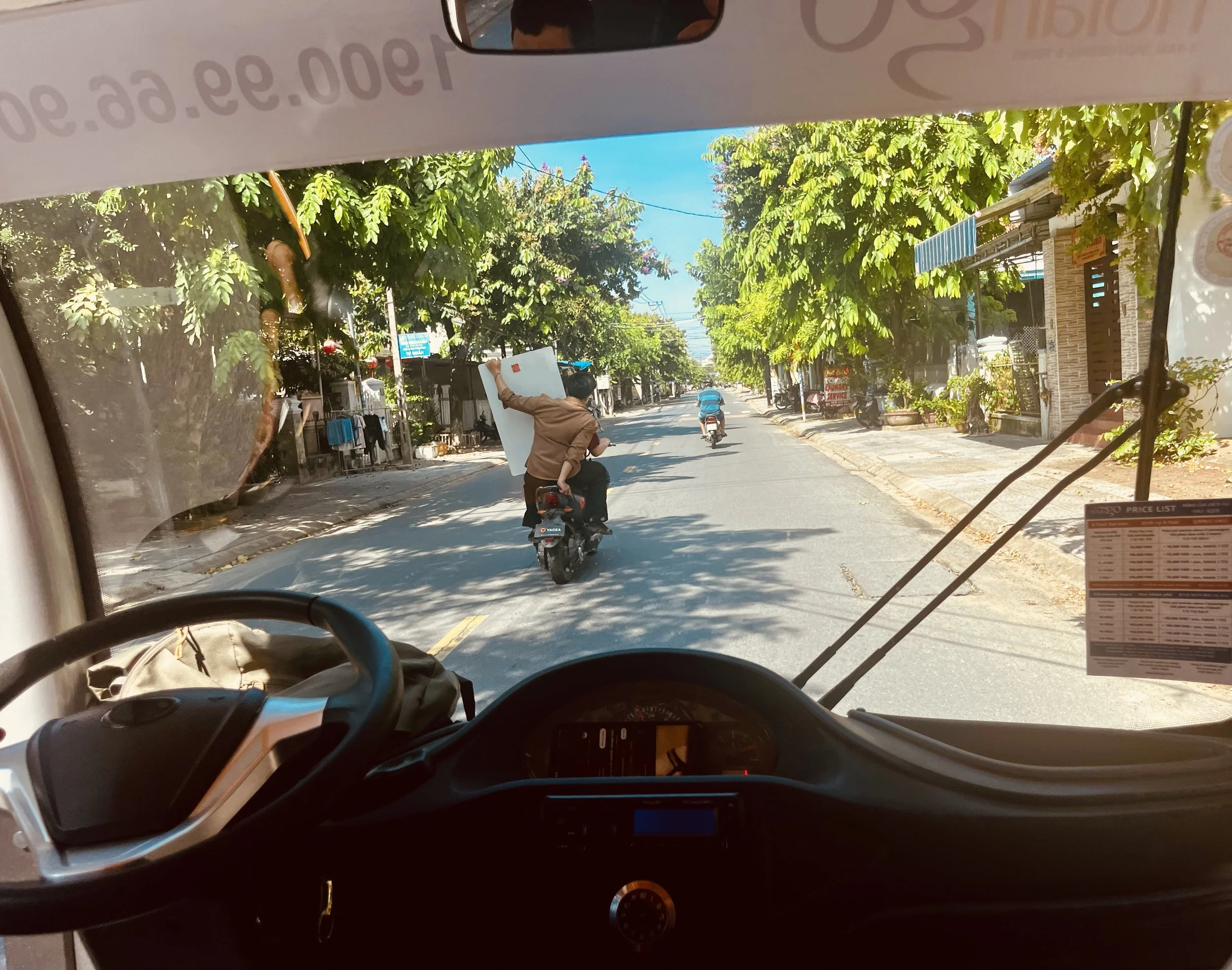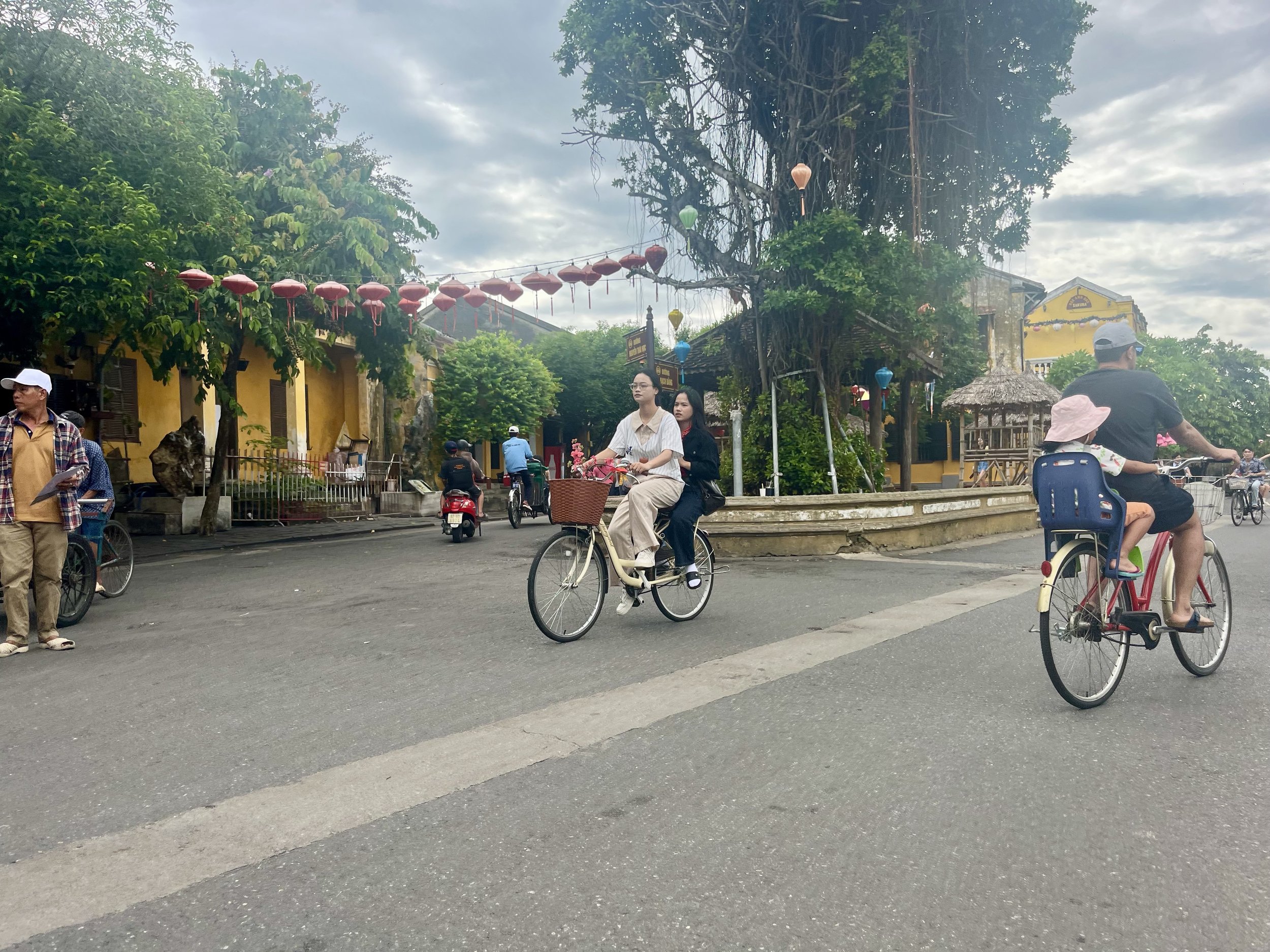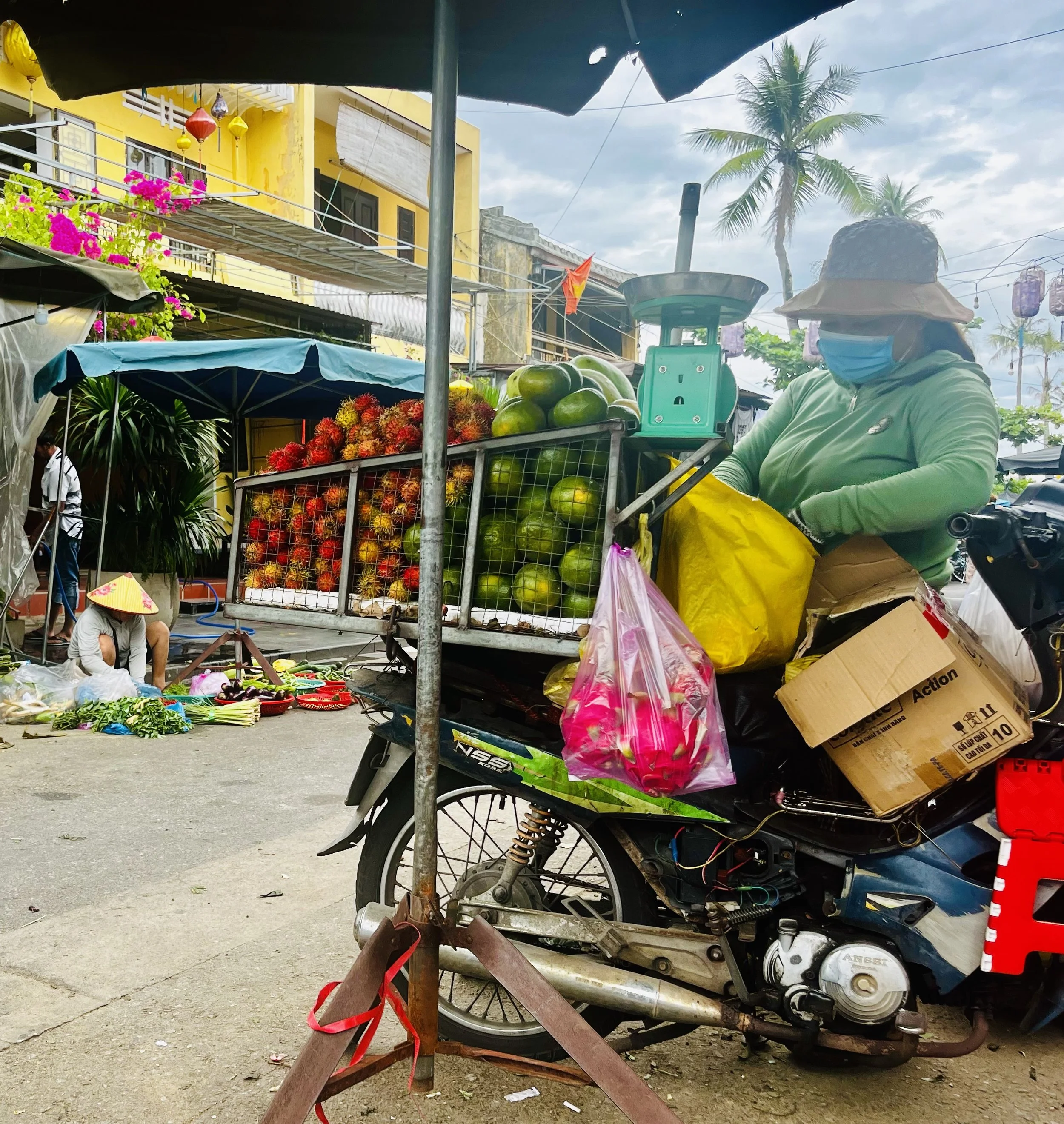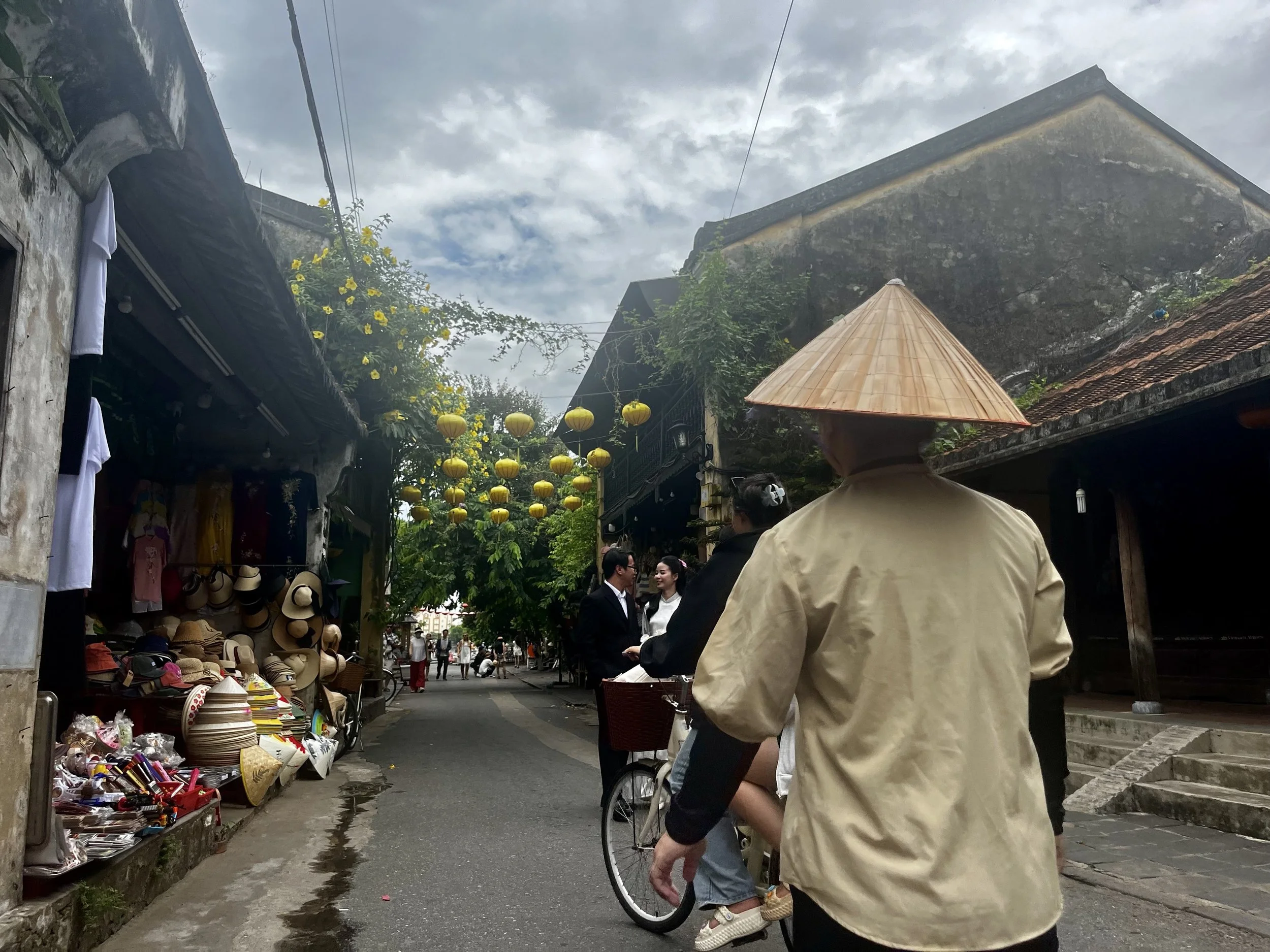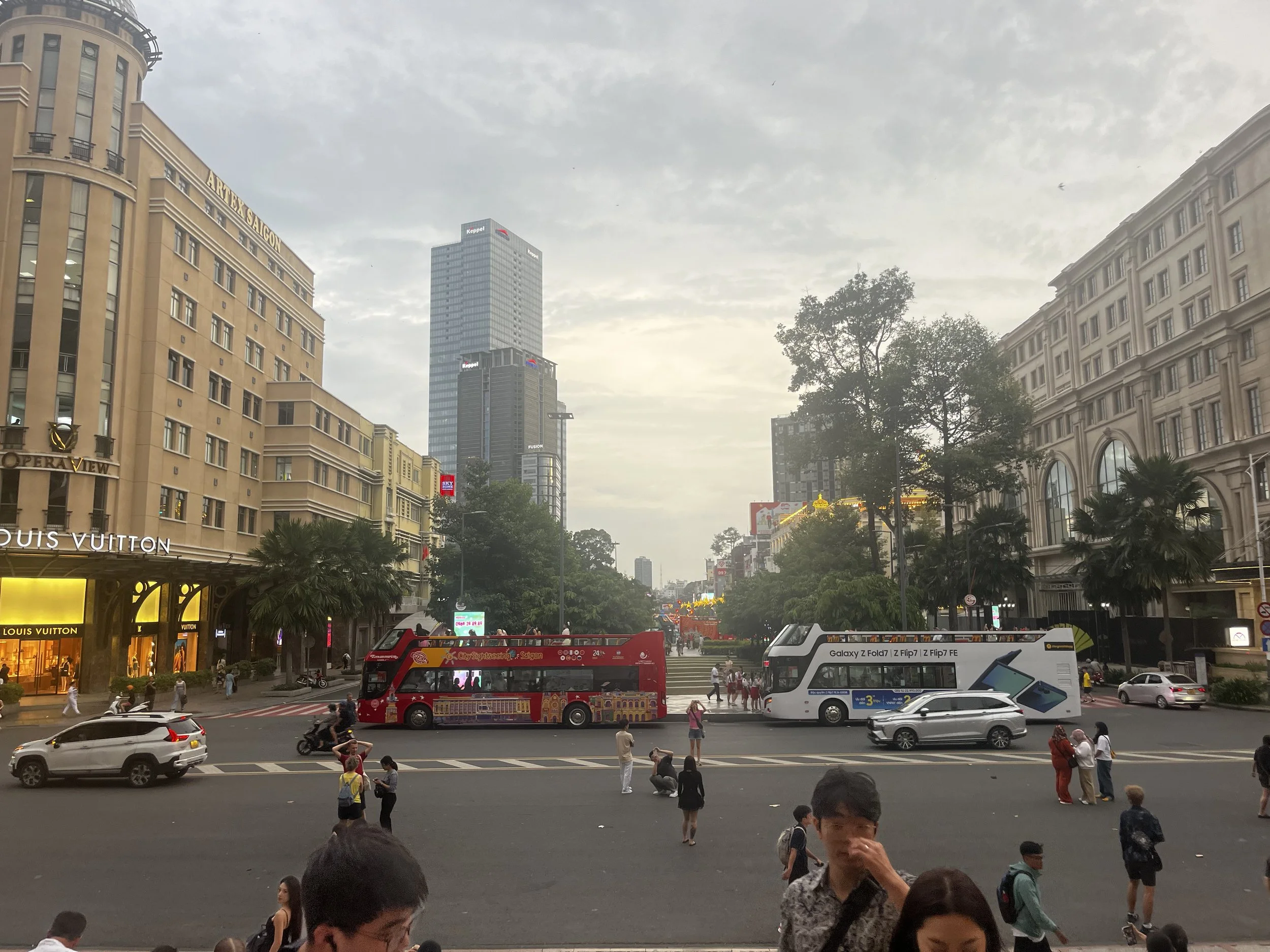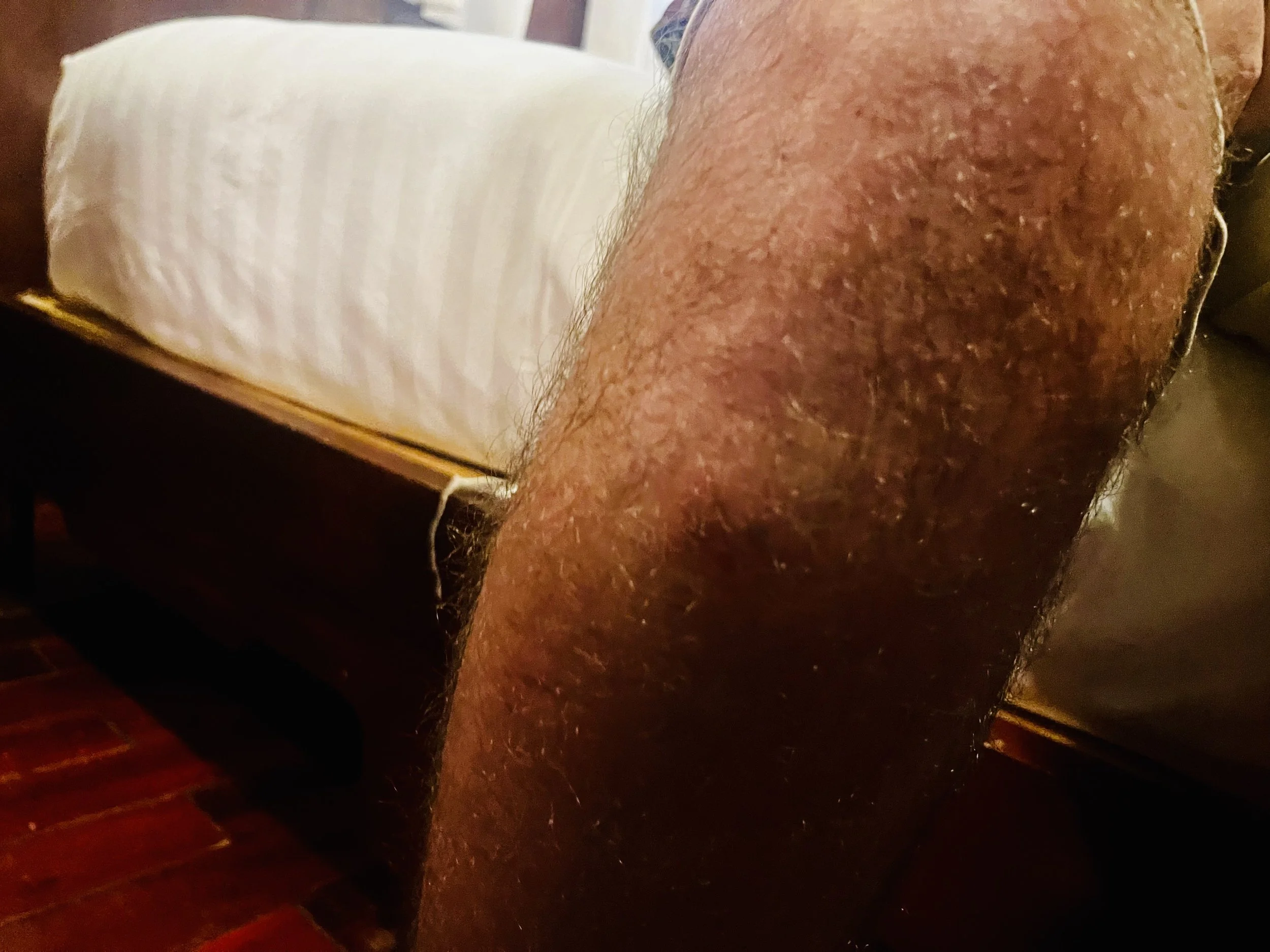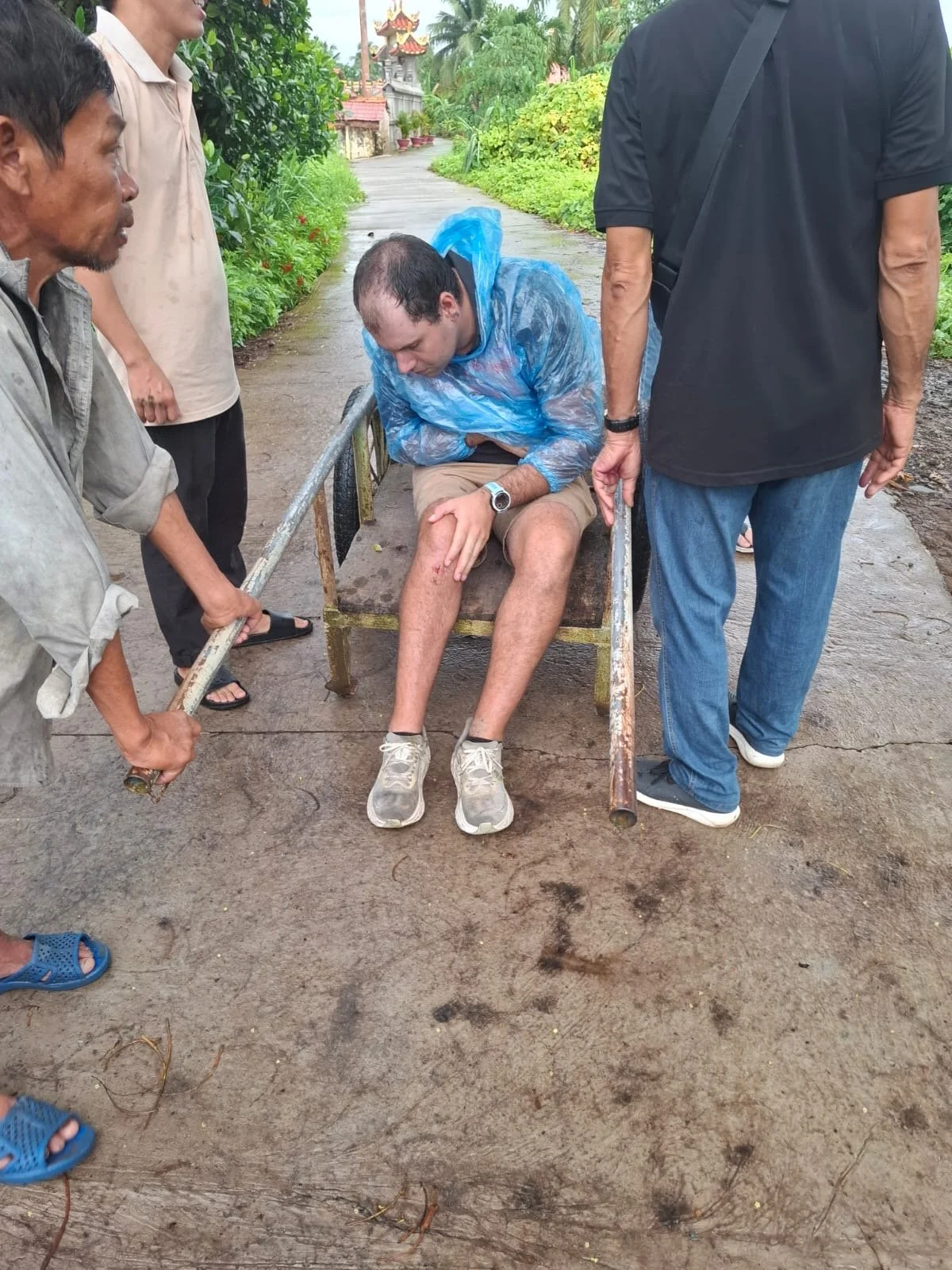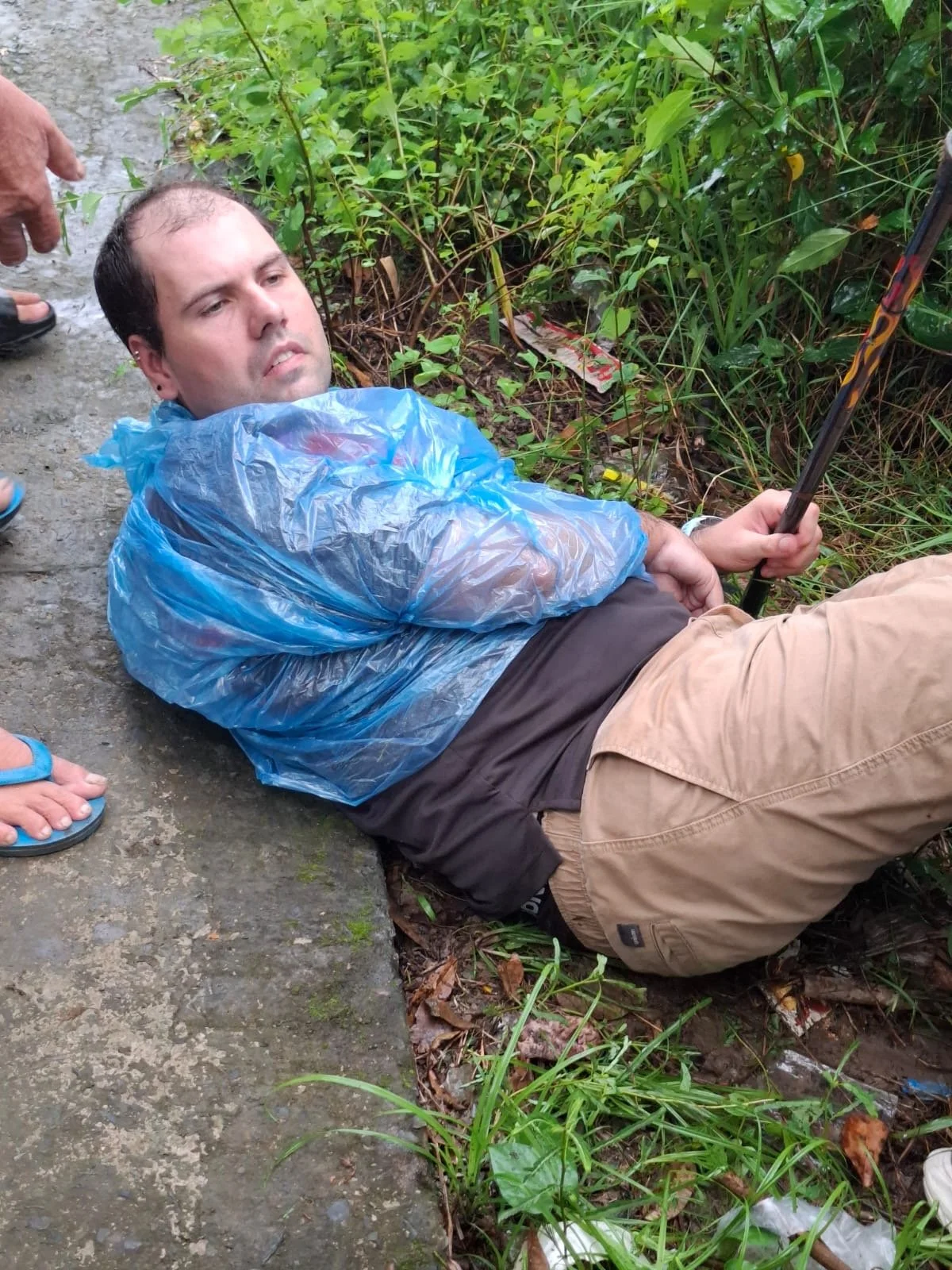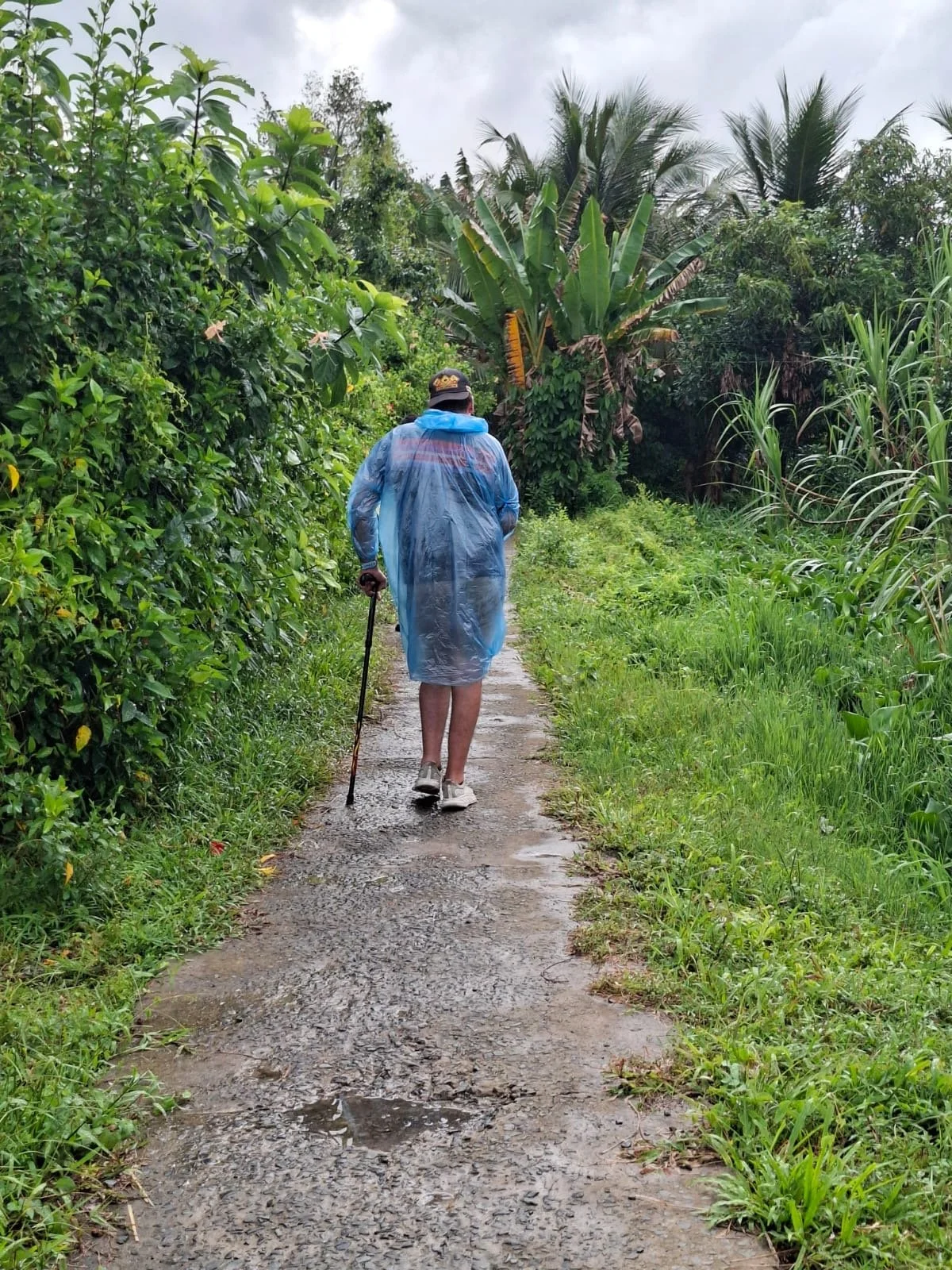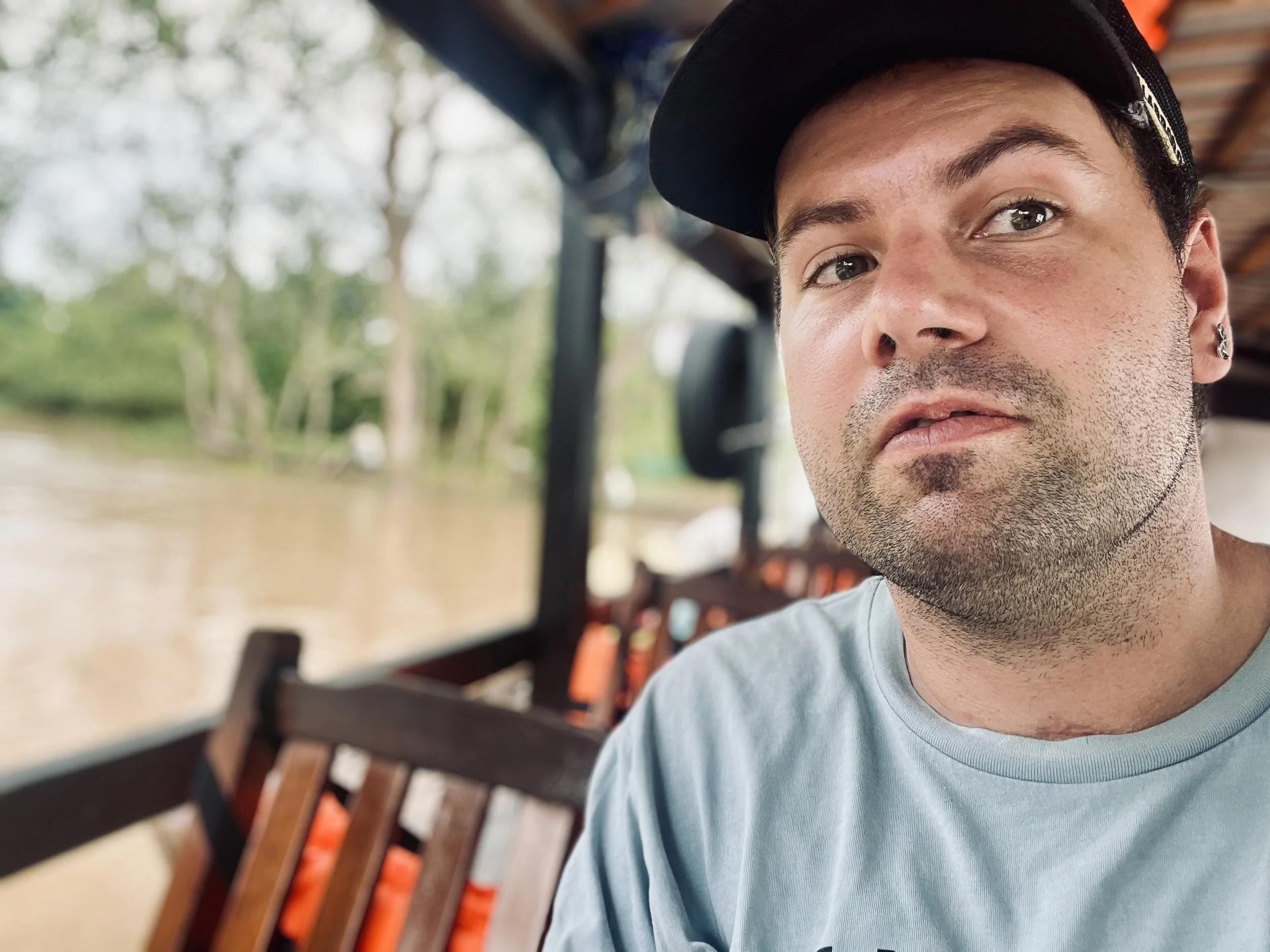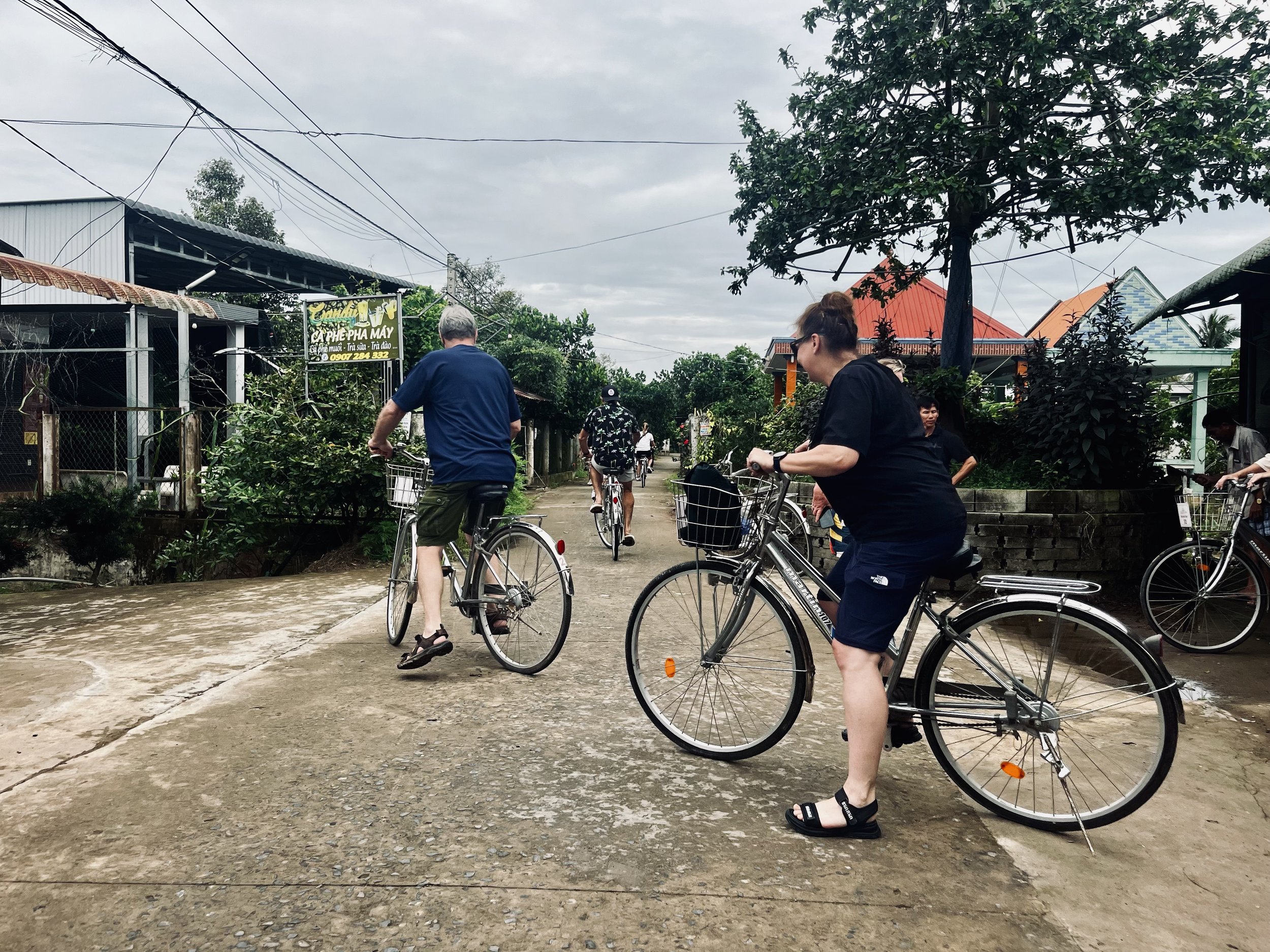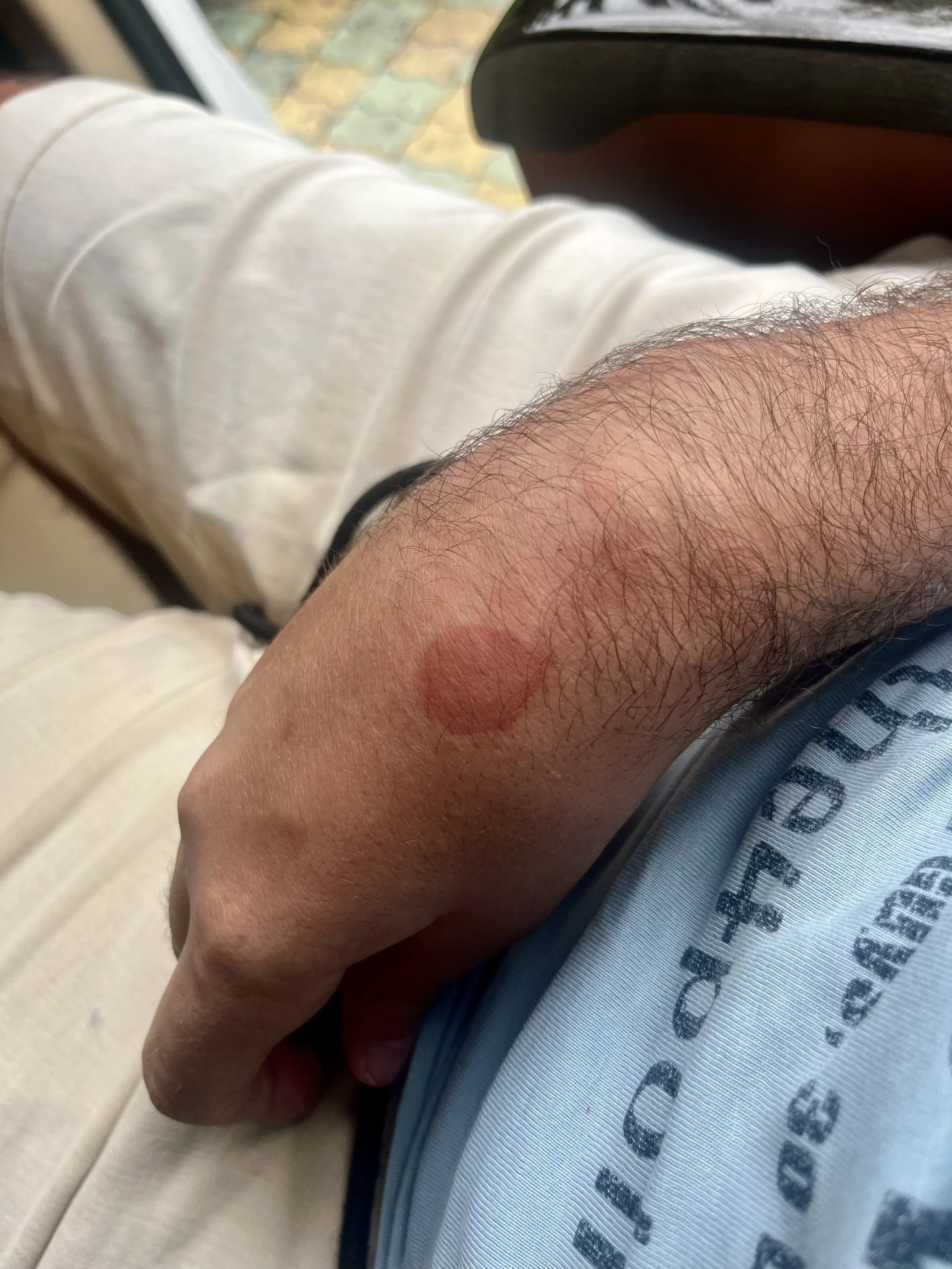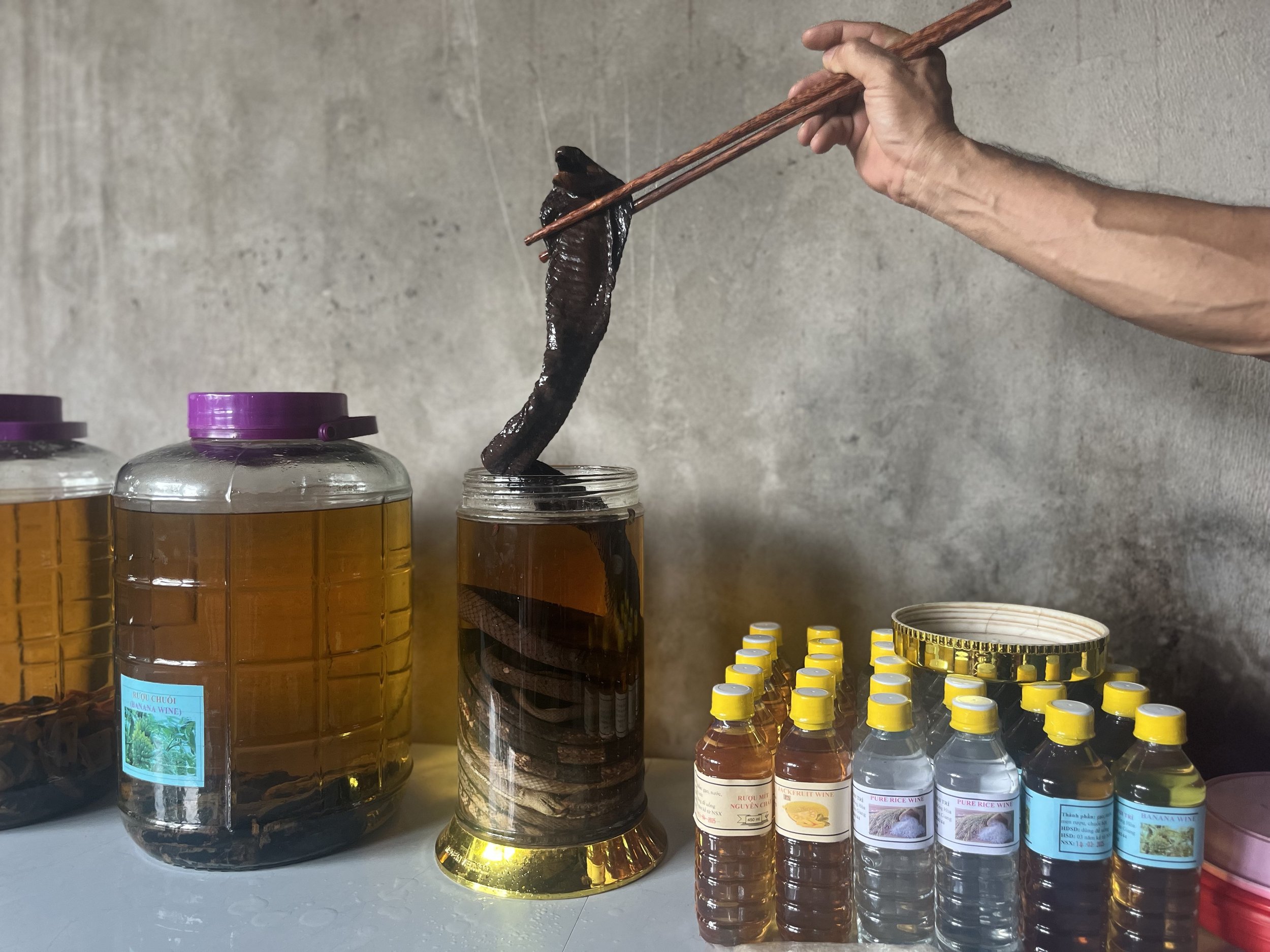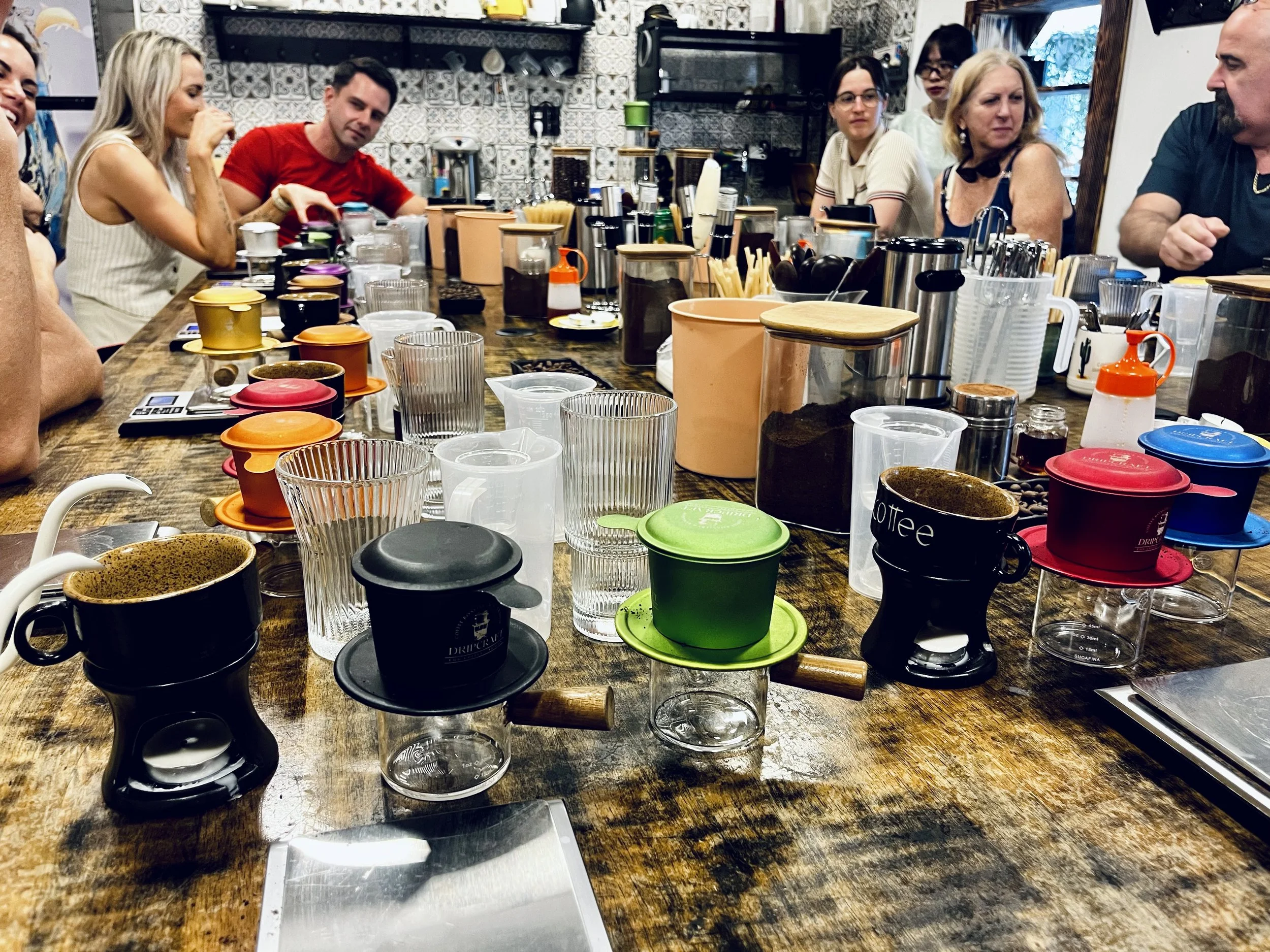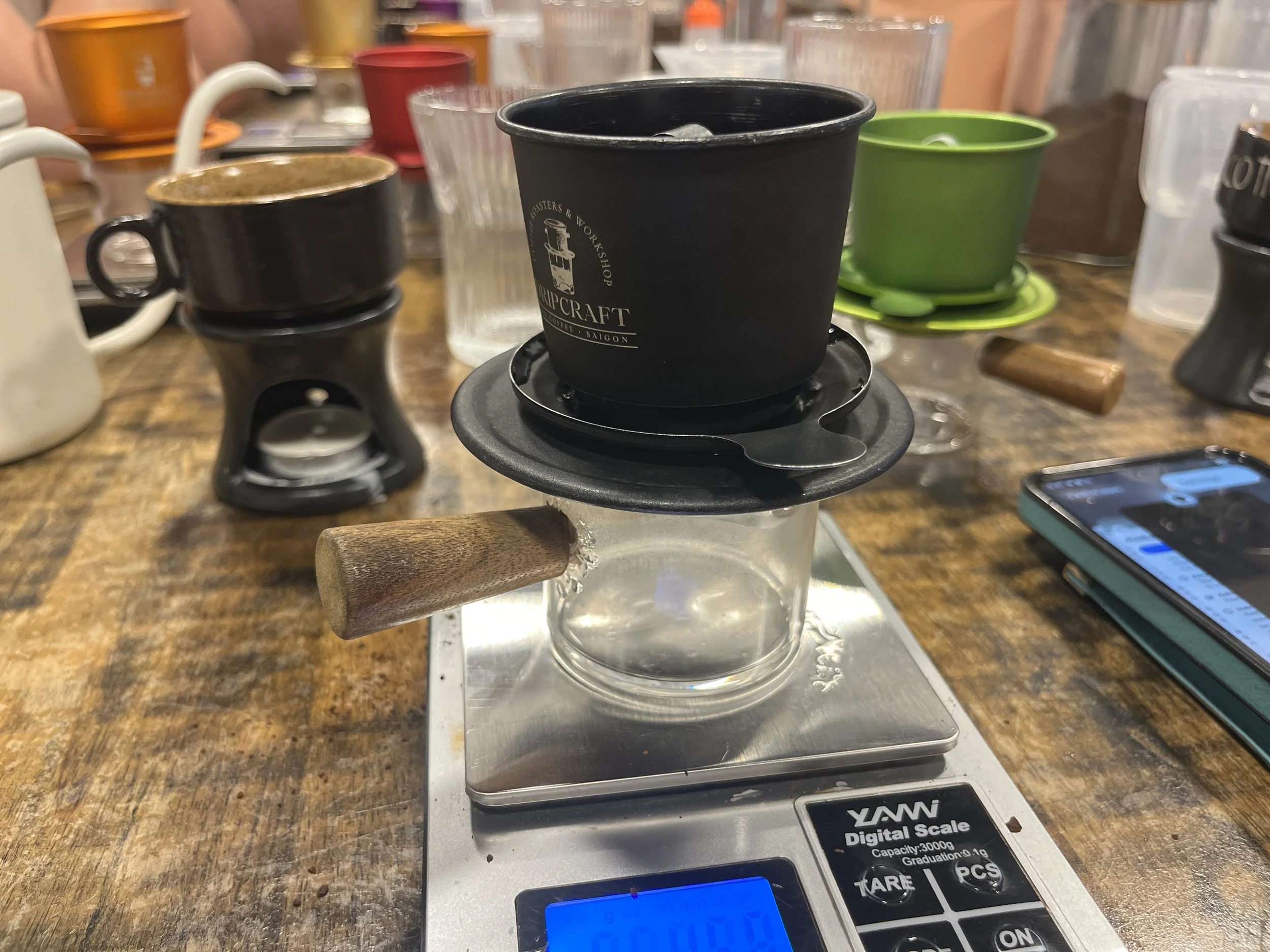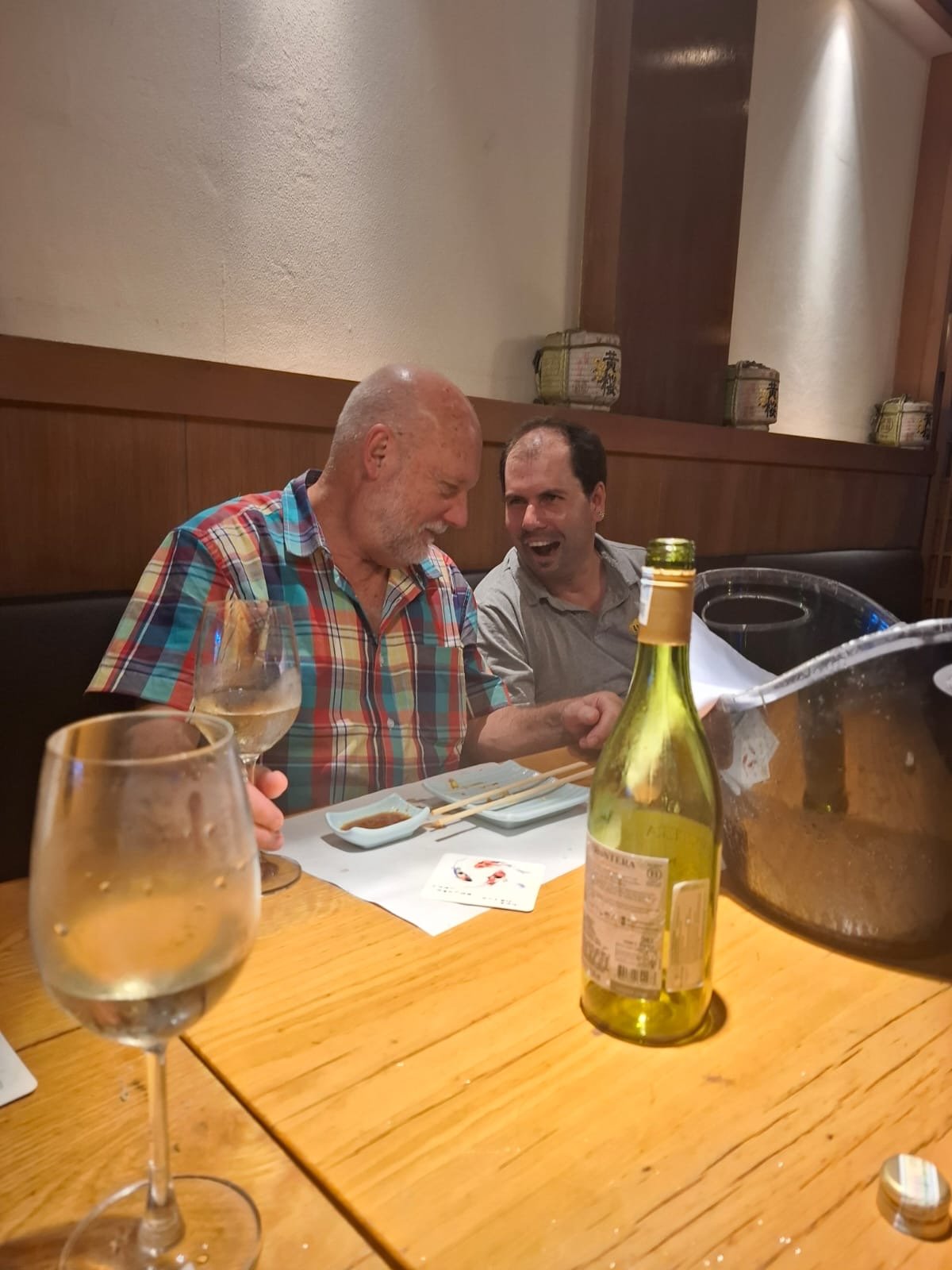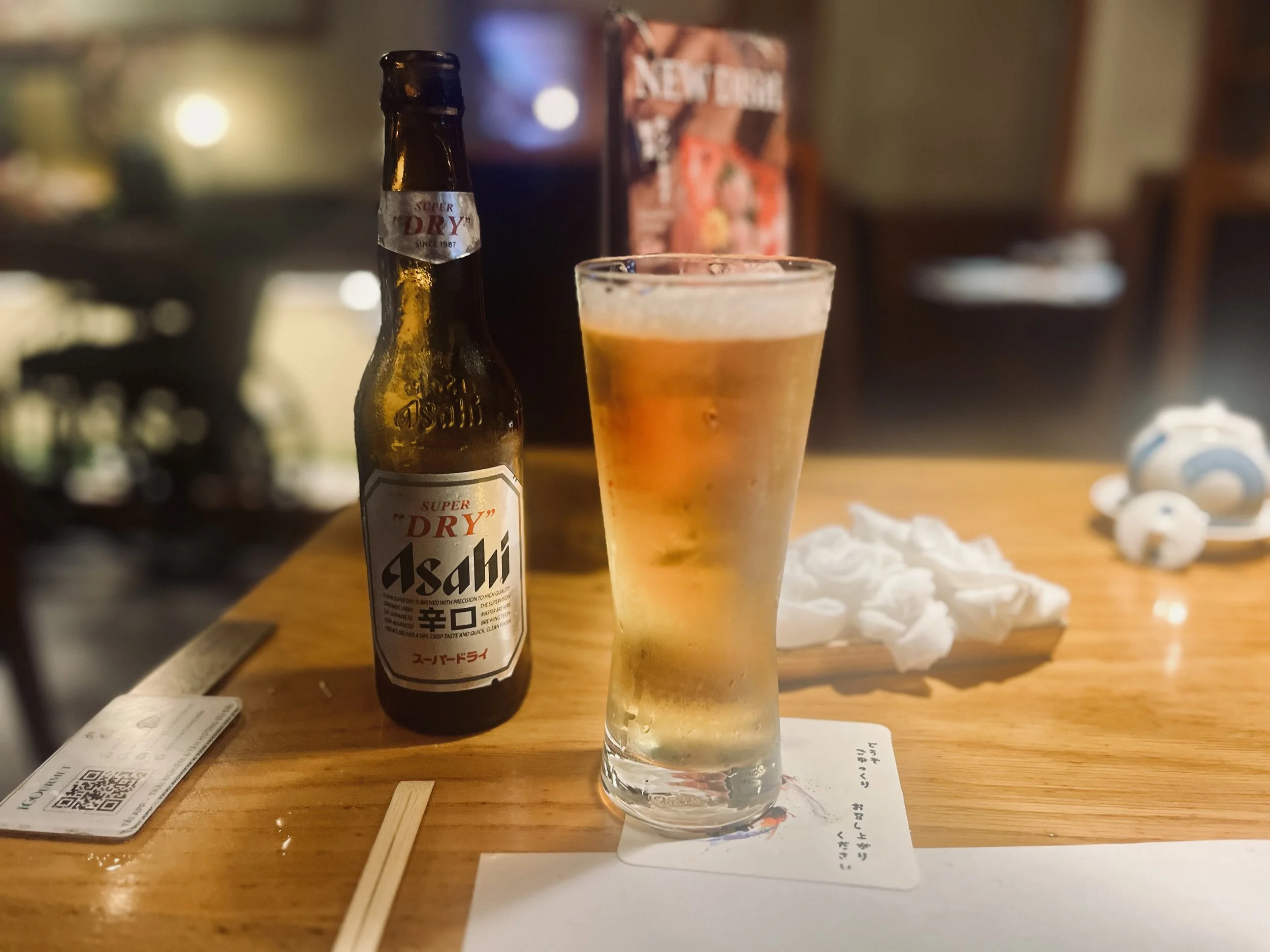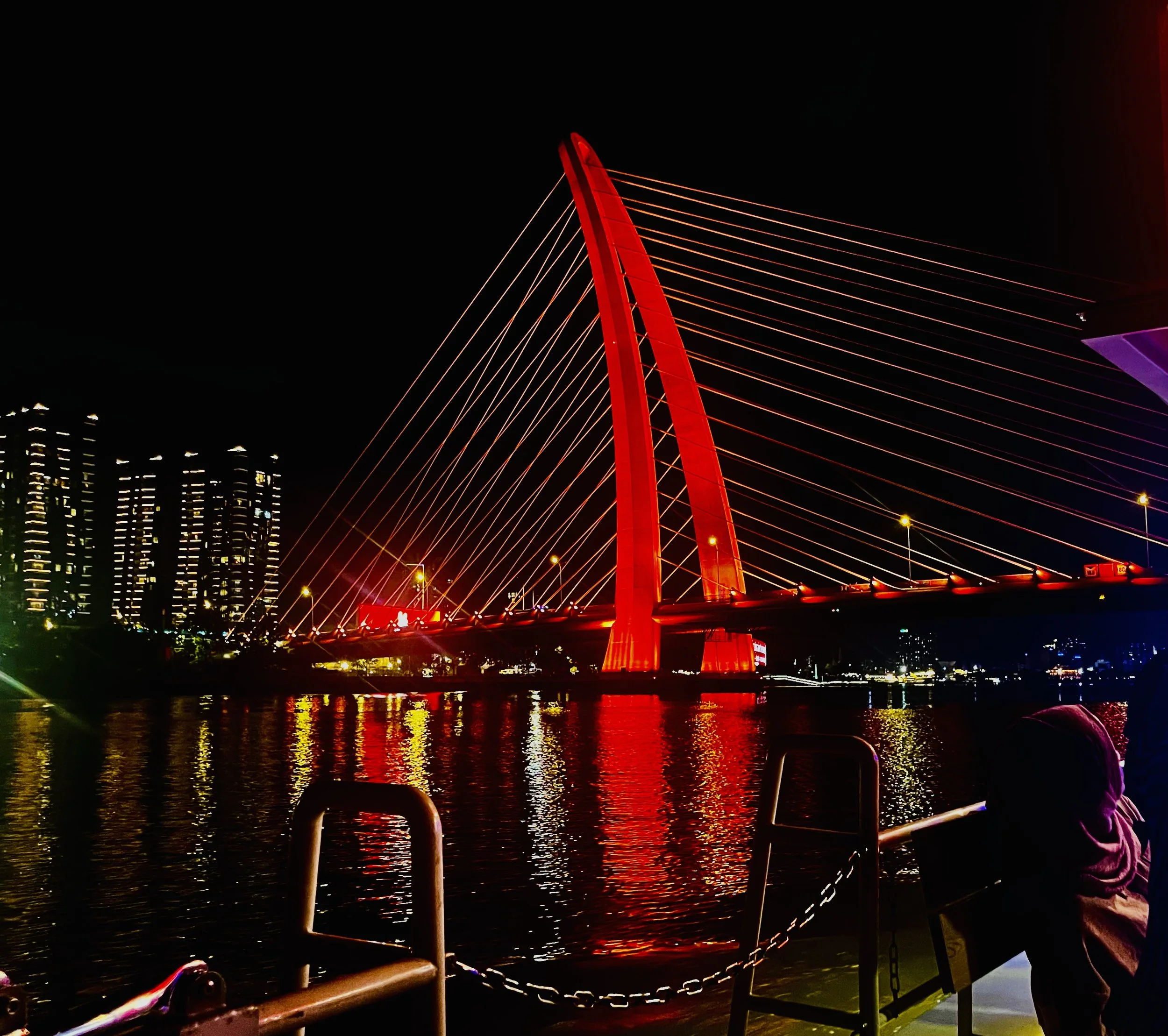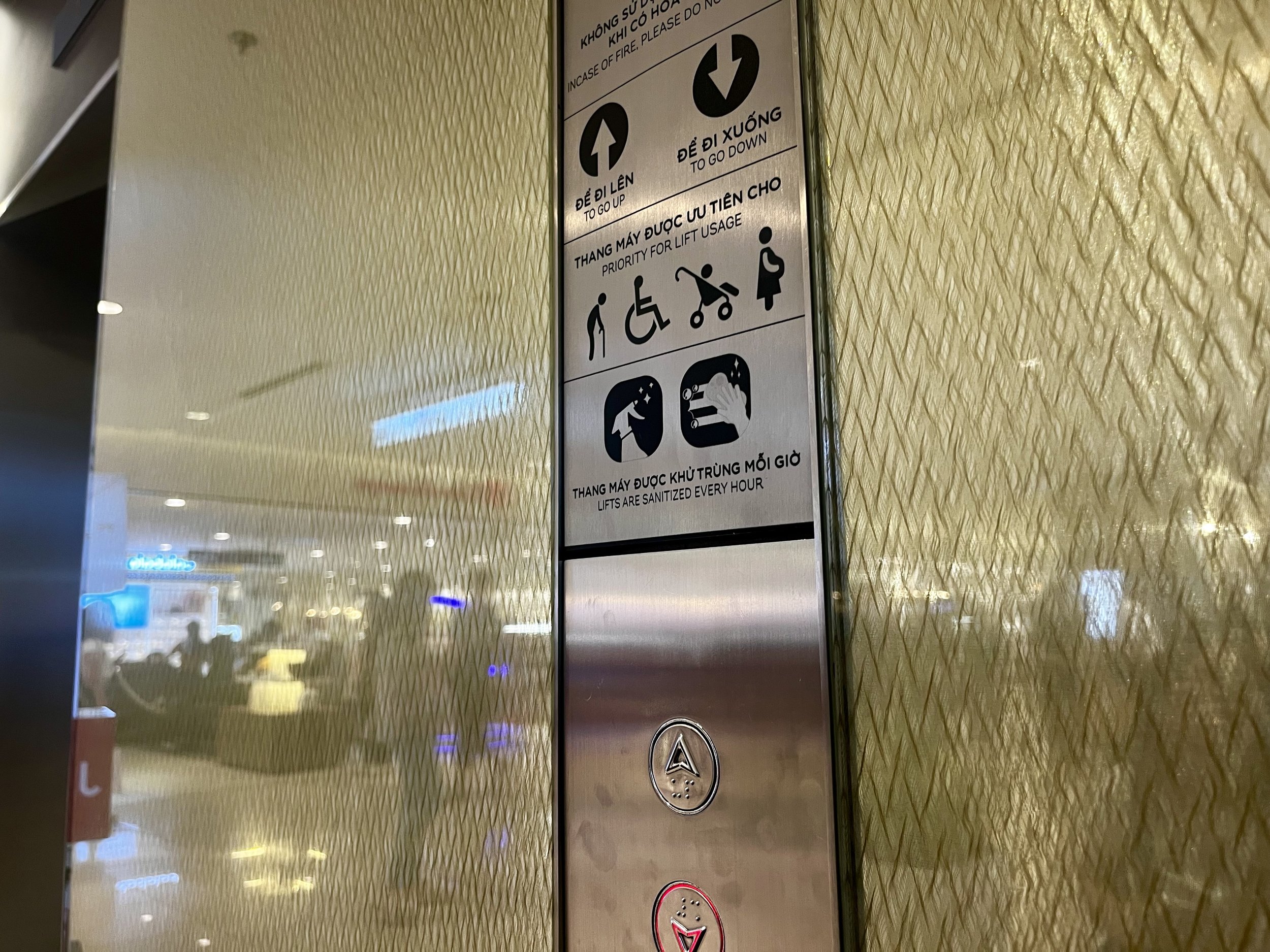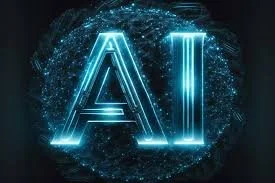break, baby!!
Well it’s official I’m on my 5 month break ( YOWWWWWW) time to party!!! LOL jokes, but now it's time to train for the Howlong to Canberra ride, The 2 Points.
All in all I’ve nearly completed the first year of my Masters degree in Public Health. Doing it full time has been pretty intense hence the non-existent blogging. The amount of reading I’m meant to do is a lot!
I think I’ve found a partial solution though - the importance of just concentrating on the main themes of subjects and the core course work. I don’t think that if I had to do it online I would get the work done. So I'm happy that it's face 2 face where I can really be held accountable.
I’ll be honest, the class discussions are elite. I love them and think they’re stimulating but when it comes to the assignments, mehhhhh, not my fancy. I think I’ve pinpointed the issue of sometimes thinking that I'm not really understanding the task or the question and so then backing my judgement. I’m always questioning myself and my capacity.
Ahhhh well I can reset, prepare and come back to study in early May.
For now though I'm turning my attention to the4points.org and the Canberra ride. Check out the site if you haven’t already!
In a nutshell, we are calling on the Australian government to act on childhood stroke research and we are doing this by riding from Howlong (fitting name) 450+ km to Canberra to knock on the doors of Parliament House. If you're interested in participating and joining in, sign up on the join journey page on the4points.org website or if your unable to help in that way, raise your voice on social media by sharing the content on Instagram @4pointsaustralia
Then I can have a little VACAY when it’s all peddled, said and done! Should get a month or so off. I’m tossing up between Japan and Seoul or northern Europe, I’ll keep it as a surprise for you guys 😉
Travelling abroad - HK & Vietnam
Expectations, written before the trip..
It’s been over 5 years since I've travelled overseas. Tasmania doesn’t count! Times have changed, lives have changed, my life has changed; that's for sure with the crash and all that came with it.
I'm pretty excited to be heading to Hong Kong and Vietnam for three weeks.
I've been to the Hong Kong airport before, but never any further. From what I've heard, the public transport is elite, but everyone walks everywhere, which I'm not a big fan of, just because of the time it takes me to lumber along.
In Vietnam, we are getting a driver at most of the locations just to alleviate unnecessary obstacles.. And we are taking two cruises. Great for my balance and I think you've sometimes got to embrace the uncertainty.
My view on both of the destinations is (not from a tourist point of view) I'll get a lot of unintentional practice of the old-fashioned art of walking, hopefully lose a bit of weight in the process, and you never know, I might make a few PBs!
The Trip
Day 1 went off with a bang, an eight-hour flight or so, watched with a great movie, ‘The Unbreakable Boy’. I highly recommend it! Then the first mind blower was the language barrier, not the fact that it was obvious, but just their constant messaging back and forth to try and locate the driver and the other fact that I had to walk like 1km (20-30mins), probably a good thing, cause I ate so much food on the plane!
After we checked into our hotel, we went for a snack a few hundred meters away on a rooftop bar, Sip Sip, on the 25th floor. I noticed as we entered the bar that the young woman (who spoke really good English) put her arms up as if to catch me or in my terms use an invisible force to keep me upright. I think it was a bit of a culture shock for me.
Day 2: Getting around Hong Kong trains
Some things we should have done beforehand or immediately on arrival and didn't, despite the really comprehensive list of useful info provided by my cousins. We should've picked up the Octopus Card immediately on arrival and also done some research beforehand around the MTR. I’m not a big fan of not knowing where I’m going and being in another country made it even more tricky. We worked it out. But it was a bit frustrating and tiring especially in the heat.
There seem to be ramps everywhere, however as you enter a building there is often one step that will always get ya. I’m guessing they have a small ramp that could be used but I haven’t asked as of yet and to be honest I’m not sure who to ask.
I worked out fast that there are zero seats anywhere, we’ve come across only one in what I feel is 5kms! BUT once getting to your train destination, it’s heavenly! Walking on and off is such a breeze, and the intercom lady talks in English and Cantonese, and she’s not on repeat in the same boring tone!
When you leave any station be sure to research which exit or destination you want. We found this out the hard way! For Uber/taxi’s, we exited E but the Uber rank was ONLY LOCATED AT D so we had to walk double the distance to get to the right pick-up spot.
The language barrier got us again in a restaurant. It was run by a nice older lady but luckily the two people sitting beside us kindly helped us out. We got there with a few repeats of the order and confirmation.
The folks and I had an interesting conversation about the language barrier. We were discussing the opportunities to learn English as a second language. In fact further into our travels we met many people teaching this all round Asia. By the way, our chat was in a great (but expensive) Japanese restaurant on like the 12 floor!
Day 3: Escalating!
The first station we accessed had so many escalators it’s not funny or the first time it is, but by the 15th time it isn't!! Going to find the lifts wouldn’t be worth it as sometimes they are miles away from the escalators and so it just seemed quicker doing them!
I’m getting a good amount of kms in but it’s costing me with pain in my anterior tibialis (shin)… finally at Central Station we asked a lovely woman who spoke relatively good English if we could get a wheelchair and managed to obtain one!! It was a great option as it was freaking miles to the next line!
Right now we are heading to the end of the Tung Chung line and hopefully getting another wheelchair, we will wait and see..
I can confirm the assistance was fantastic!
Interestingly it’s just like Australia by making you (disabled people) go right up the front to get on the train even though there’s limited gaps and height differences so you could easily just hop on. Just to see an old village Tai O, should win a medal! LOL or more to the point I feel like the bus drivers should get one, it felt like climbing up some of those mountains he needed an engineering degree on some of the turns, seriously. We wandered in Tai O and found a good restaurant but ordered way too much (AGAIN). Then we took a boat tour to see the stick housing, it was pretty amazing!
Then back in the bus and this driver wanted a PB on ‘Need for speed, Carbon’, I reckon he got it too! All whilst on the non hands free phone. Mum was petrified.
We caught the ferry back to Central, and somehow we wound up at a gin bar which was great but a bit on the expensive side. Also there were 25-30 steps that I had to descend to get to the bloody place, earned 2 expensive drinks…. and in observation public buildings really do cater for us with ramps and access but when it comes to private buildings or businesses they are not equipped to handle people needing wheelchair access. Admittedly it was a very old building on a very steep site.
Day 4: Casino bound
We are going to Macao today, after trying to get there yesterday not realizing we needed passports!
What an experience, the casino in Macao - called The Venetian. Casino itself was nothing to write home about but surrounding shopping centre is bloody massive. The one place I recommend is Venchi, an ice cream shop. I went back for round two!! The issue we were facing again was the travel distance from the escalators to the lifts is enormous.
Getting to the Casino was another issue because as soon as you are outside the business establishment/or ferry terminal you are on your own (unless you bring your own wheelchair) so I got a good pace going and did about 1km in 15-20mins to the bus stop from the ferry.
Another thing about this is when we get access to wheelchairs there is either a person accompanying it or an extreme deposit..
When we were in the CAS/Shopping mall the people didn't notice me and walked straight towards me when I was in the wheelchair. So you've got to be a bit of a bad ass and play chicken till the people realise that you're not moving, I would say it’s a societal thing.
Anyway, we made it back across to Hong Kong and we did a late dinner as we’re waiting for everyone to arrive and have a beer that was well overdue with one of the cousins, bring on the morrow!!
Day 5: Tram riding
We caught a tram to Causeway Bay and back again, double story tram with great views, I would highly recommend it! I don’t know whether it was the heat or the background sounds but I really struggled to project my voice and catch enough breath… at least I was self aware which is a start!
Then we went out for lunch and one of my cousins and I had a chat about disabled and non-disabled people in terms of the algorithm in social media..
The rest of the night was fun, nothing much happened, just a top notch celebration.
Day 6: Recovery and the climb
It’s a recovery day today as pretty much all of us who joined the party last night had sore heads! I’ve been out for a light breakfast at Fine Print, a good little cafe and have had the motivation to climb 56 flights of stairs. I'm better at climbing than walking on the flat and certainly better than on the descent.
We caught a ferry to Lamma Island for a birthday dinner, about 30 of us. Getting onto the boat was a bit of a challenge; I had to go backwards down the steep steps! Then 2 cousins and the skipper helped me on. Dinner was pretty damn good, you can't go wrong with sweet and sour pork if you like that kind of thing! Not to mention abalone, squid, oysters etc., etc., Back when we were walking to dinner, Mum pointed out a weird-looking, massive shrimp, which was called a Mantis Shrimp, to be honest, looked a little bit like a miniature goat! When we got back from the island, we pushed on to a wine bar. Then it was left, right, good night for me, and Johnny!




Day 7: Hong Kong to Vietnam!
Johnny (Cuz) went for a hike up to the peak with Sars (other Cuz), I didn’t. Then we met up for coffee to get the system going, said our goodbyes and onto the Airport. Johnny did the scouting, found and located where I needed to check-in etc., while I sat on my arse. I’ll tell you it’s much easier to locate the wheelchair access when leaving the country than entering!
The toilets are schmick and clean, however generally they are right at the end at the back past the male and females, maybe the people’s perception of disabled use is for wheelchair people only.
The flight was a flight, the staff were lovely on Vietnam Air, and so helpful when we landed in Hanoi! We were heading through customs and travelling to a lift, the porter that was waiting for the lift allowed us to go first, very grateful for this! Also the English language I feel is better known, but that is just an observation.
On the drive to the hotel, I said it’s not as bad as India. How wrong was I when we got off the freeway, on the side street it was chaos if there’s room to squeeze in to pass, they’ll do it!!
There’s limited rails in the bathrooms but apart from that the hotel Champton bloody nails it!
The exchange rate is about 1:15 Aussie dollar. According to the receptionist, a dinner for one at a restaurant is about $33 Australian dollar, if you eat a lot.
We caught a taxi to what we thought was Viet Kitchen restaurant and rooftop bar. There must have been a glitch in the system and it took us five kilometres away and then when we were hopping into the taxi I misjudged the dimensions of the gap to plant my arse in the car and ended up half in half out. The taxi driver had to grab to help me, I thank him, he saved my life!
Anyway we made it to our destination after a long time! And it was a great dinner with a spectacular view.
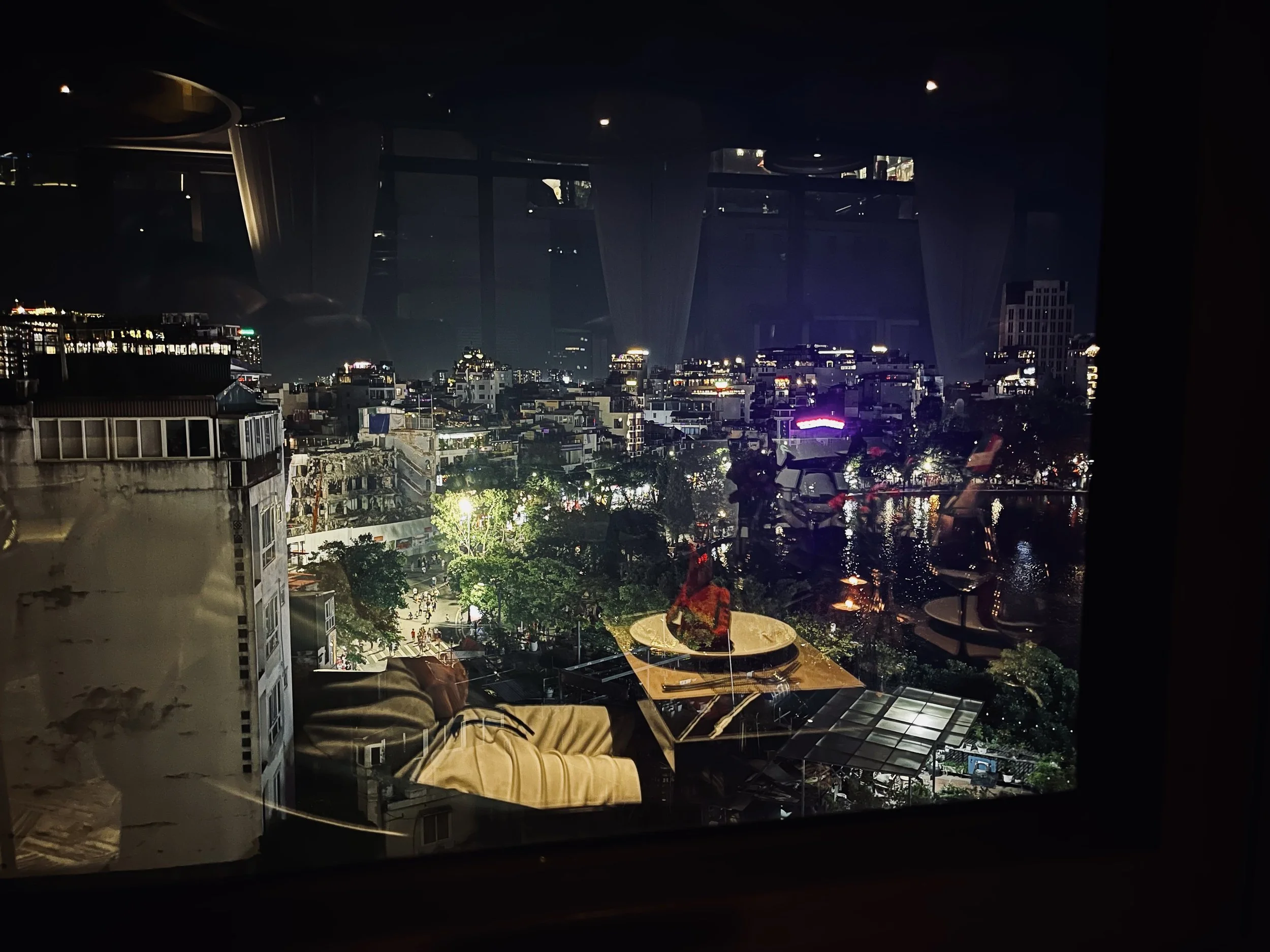

Day 8: First day in Hanoi
We were up early to catch a Jeep to be a true tourist around Hanoi. It was a super cool experience and I’d highly recommend it to anyone travelling over there. Although getting into the Jeep was a bit difficult, we got better at it as we progressed through the tour. This really emphasises ‘how do we do this’ not you can’t do this. Working out the ‘How’ with the person with the disability is a collaborative and constructive action.
We went out for dinner at the Au Lac family Restaurant which was about a kilometre away. Realistically we could have walked there however we wanted to eat pronto. It was very nice and I realised that carp, the fish, isn't as bad as I had thought! On the return journey home we got dramatically stuck with no internet, lucky we had a very courteous driver who spoke some English so we managed to get home in a timely and financially ok manner - unlike the driver last night (we made that as well but a few hundred dong lighter). I must say what would happen if the internet just died, what would this revolutionised world become?
Day 9: Hanoi to Ha Long Bay
Up early to catch the bus, not as early as yesterday but by my standards still early. It’s a 3 hour drive to Ha Long Bay with a stop over about halfway.
The halfway point is a gift shop, a fine arts business, a workshop for people with disabilities, mainly ears and non verbal. I saw a girl with hearing aides who looked about 14-16 which was pretty confronting for me.
I spoke to some of the retailers and they explained most of the information to me.
We arrived in Ha Long bay or the boarding place, I had a grouse coconut iced coffee then boarded and set off.
There are so many boats and it’s the off season, I’d hate to see the peak season!
Then there was a hike which I didn’t do, round trip of about 2hrs so if I was doing it it’d take 6+… there are pros and cons to having the crash and this and general hiking is a big con… Dad did it and came back in a muck sweat!
The night was a five course meal, very good, very full! And then on to squid fishing, caught absolutely nothing.
Day 10: Ha Lim Bay
The highlight of today would be kayaking around and onto a beach.. Was a mission impossible but we got it done like Tommy’s do however there is no I in team!
We started on a boat, transferred to another boat, then we had to deal with a jetty then finally had to get in the kayak. Getting into it was certainly easier getting in than getting out, that took a lot of assistance. The main issue was just that there was nowhere to get any purchase and push myself up. An intriguing thing was, there was a Melbourne bloke doing the same thing, as in kayaking, and his approach was asking, ‘how can I help’ as opposed to the Vietnamese staff who just basically lifted me..
When we were in the kayak it was pretty painful for me as it had a very low-backed seat and to be fair I’ve got a massive bolt in my back! The trip back was grouse cause we invented a life jacket as a back rest, much better!
Most people did a bit of swimming as they could jump off the boat, I didn’t do it for reasons I’m not a confident swimmer and I’d have to jump into water which makes me even less keen..
There was a spa on board and decided to jump in that instead. While the others were at the Pearl Farm (everyone left) I decided to get out of the spa…. That was with great difficulty, 5 minutes later I was finally out.
The rest of the night was pretty cruisy with a five course dinner, a birthday cake, some old fashioned blow torching, squid fishing and happy hour… all enjoyable!
Day 11: Plane to Da Nang, car to Hoi An
The day to leave the boat, the staff have been super lovely and super helpful. Because there is a language barrier we have to sometimes compromise when going on and off the boats. I direct traffic but sometimes it needs to be reinforced by the folks starting it a different way. As seen when we were rowing through a cave.
Not to mention the grub, it has been elite and the chef has outdone himself with the last chicken meal of that trip, had to photo it!
Again we stopped over at the gift store business and this time i made a purchase, good shirts and I was thinking it was a bargain but made a slight error in maths…. Alas, at least they were good shirts!
The flight was another flight that was pretty cool cause I got to entertain a little kid until he got sick of me and his attention went elsewhere.
The Da Nang airport has either splashed out on renovation or right from the gecko as unlike Hong Kong have the lifts right next to elevators.
The place itself is modernised and lights up like the Northern Aurora lights!
It’s a cool place we are staying at and there’s a few things I probably should point out, A) the standard of English is slightly better, I don’t know if that’s just because of the hotel requirements for work, I’ll check it tomorrow and B) there are ramps beside the stairs so they are thinking ahead and about accessibility, taking the initiative!
I’m already liking this place!
Day 12: We were up relatively early, to go to a market and then make, prepare and cook our own lunch at Vy’s market restaurant and cooking school the food was delicious and we learned the basics of how to make things like spring rolls or green mango salad. I can now add these to my artillery! Earlier at the market, it had the hustle and bustle vibe and it was pretty damn cheap, I scored a good belt, I had zero good ones so now I do!
Due to the fact that Hoi An is more of a touristy place than Hanoi the English difference is pretty dramatic and the accessibility has stepped up a great deal both in attitude and physically.
That was pretty much it apart from getting a massage, that was great, getting one tomorrow as well!!
Day 13: suits and shoes
Today was a busy morning fitting out for a suit at the store that I can’t remember the name, still expensive but nowhere near the same as Aus. She also took my measurements so if I ever need further suits they have my info. Then we walked a whole 30m to a ripper leather shop called Ruby Ruby’s which was just as helpful and caring as the suit shop.
It was very interesting hearing her story and having a chat with her.
Then it was straight into a hot stairwell to pump a few steps then lunch banh mi for a measly 1 Oz dollar, it was so good!
Had an elite massage and then off to a Bamboo Circus which I would highly recommend, it’s just ridiculous the acrobatics!
Then we did a boat tour which was very interesting on how to get on to the boat, I managed but it took some time but I was better than Mum!
Then it was an absolute walking trek through crowds to get food and a Grab home. I’d highly recommend getting the Grab App before travelling because it’s standard fare and most of the time it's easier to get to the correct location.
Day 14: Final fitting, final day
A pretty cruisy start to the day then off to get a final fitting and then the very good tailors will deliver the goods right to our door step, hotel, how good!
In the middle of the day we went for an electric car tour, which was super cool, went through all the alley ways, nooks and crannys!!
Then I had a wicked massage before out for dinner at Morning Glory which was also wicked. We took the wheelchair this time which was smart of us and really grateful of The Hoian Boutique Central Hotel. I’ve never heard of a hotel lending out their wheelchairs let alone free of charge!
Because Sunday is the day where Vietnamese people generally meet as the people get the day off, it was absolute chaos during the night, so busy! And for that reason the majority of the main roads were closed, hence the wheelchair. Compared to Hong Kong where the public roads are pretty smooth and flat, here in Hoi An, they is not.
The place where we had dinner, Morning Glory was no exception.
Day 15: Fly to Saigon
My shoes arrived in the nick of time. I also posted the Instagram reel about the winners of Takin on Tassie - The 3 Points and we were off to Da Nang to catch the flight to Ho Chi Min or Saigon, had a great driver and I’m going to really miss Hoi An it’s a fantastic place, the night life is so vibrant!
Ho Chi Minh….. what a first day, how do I explain the experience I’ve just had? So, I was looking for an ATM and a very helpful bloke helped me to locate one. When the ATM didn’t work, we just got chatting and invited me to his bar. I thought why not…. I let the parents know where I was going ect… With that came a unprecedented chain of events. From having drinks to not being able to pay because they only took cash where as they said they would take card to, having to go in a wild goose chase for a working ATM, to the bloke taking me to another bar that I didn’t want to go to and me having to be firm that I didn’t want to go to.. did I mention that my phone decided to shit it self at the most inconvenient time? So I had to just put a bit of faith that he wasn't going to take me to another unwanted bar, luckily he took me in the right direction.. essentially two hours over-time of the time I’d said I’d be back and a fair bit out of pocket I made it ‘home’. Just an experience I’m not going to forget in a hurry and to be honest that’s just the surface of what really transpired.
Day 16: Saigon exploration
Well today has been, let's just put it, not my best walking one. Ridden in two wheelchairs one at the military museum and one at the Independence Palace or other name is Reunification Palace, and I’ve also had two falls, first time from what I remember if ever falling on stairs and the other one was just tripping over my own feet, score would be a 0 for performance…. It’s all probably due to the lack of sleep I had.
Powered on to a show which was similar to the Circus in Hoi An but different, it was good but personally I liked the first version better.
Then I went on a date which was lovely until she wanted a gift in exchange for sex… it made me wonder whether she was trying to take advantage of the disabled guy or not. My intuition is saying yes.
It also makes you wonder about the cultural differences in terms of a ‘gift’..
Day 17: To the MekongEyes
It was a 2 and a half hour drive to the Mekong. Hopping in and of the mini bus was interesting, meaning the English person asked if I needed a hand getting off whereas the driver just gently grabbed my hand as a support.
I really do think the language barrier and cultural morals are so different here vs Australia.
At 3:30pm we went about a rough 2km round trip walk. It was grouse to stretch my legs and also to get a bit of exercise (I took the Myzone, heart rate monitor). It was a good first half, made the distance, my back was fine and not stiff. Then we had a small snack, the dried coconut was elite! Just when we were about to leave the gods decided to piss down on us for no reason!
That’s where it all turned to Shit, I was walking back and because it was wet and slippery my cane went out from under me as if I was bowing to no one and my left arm was the main act. My left leg followed straight out in front of me, and my right decided to bend the knee, back on itself, straight down, it fucking hurt! I needed to be carted back and with great difficulty the crew got me back across the gangplank and onto the boat. I’ve got to say the local people were phenomenal, they came to my aid when they didn’t even know me!
Yes, the language barrier was a little bit of an issue because I needed to go through the process of explaining how I thought we should manage my movements but they were recommending another way. We got there, it just took collaboration and team work.
The dinner was absolutely wicked, and then there was a big discussion about political-economics then bed because we had to be up early the next day.
Day 18: The floating market
I got breakfast in bed because my knee was sore and could hardly walk on it. Managed to get into the boat and my knee did improve mainly with boots. And then off to the floating market, super cool, it’s kind of unbelievable really and the parents did the noodle making but I didn't, for obvious reasons. I did a bum shuffle back onto the mini boat, the skipper looked bemused but he got the gist.
Then back in the boat to find it was a late lunch due to the next turnover of people in the boat with us were late. The lunch was pretty damn good then I needed to lie down as my back was aching and I needed to elevate my leg as it was a bit swollen. Over the past 24hrs I’ve had two oils I think Palm oil/tiger balm and something with high magnesium, a massage and some taping, surely I’m good for tomorrow?
We went for a walk, well I was in a wheelchair that Took (the guide) had organised for me, but first I had to walk the gang plank and then plant my bum on the chair, then it was a matter of luxury for me…. The others though, they had it tough, trying to push a wheelchair over rocks, stones, mud, smooth but then more of the same… everyone helped, which I’m truly grateful for… I’m curious to know if team bonding and collaborative efforts like this lead to better unity/empathy/respect and therefore mean better connections between one and another…?
Back at the boat we had to negotiate the gang plank again, another team effort. Then straight up to the top deck to enjoy the view and have drinks before making our way down to the lower deck for dinner. I tell you what, the chef is literally amazing!
Day 19: Back track to HCMC
An early start the following morning to catch the high tide and paddle down a side stream in a Sampan. I didn’t do it as seats were way too low. So I just got motored to the destination and waited for the group. From there everyone again took a bicycle ride and I just hopped in my wheelchair and got pushed around. In the wheeling around I got a few bites which I hope are not mosquitoes!!
Then we were treated to a traditional show, it was super cool and after that we went to a market place where they made noodles/rice and snake wine…. I did try it. It was okay but I was more concerned about the fact that it was once a king cobra!
it wasn’t to bad, it was better than what you think!
Then simply it was a matter of good bye and back on the bus. I need to say a big thank you for everything to everyone both the crew and the travelers, the help I was given after my injury was beyond my vocabulary!!
Now I can manage to walk unassisted after I’ve taken a few supported steps, I’ve just got to let my right leg wake up. And I promise you I didn’t fake the boat ride to make me feel like a king!! LOL it was literally like the song ‘King for a day’ ~ Greenday a 24hr kind of thing!
Back in HCMC the hotel is wicked and you should see the toilet seats!
Then I was going out for another date, it’s been cool getting to know people but the interaction is really different. As I was getting a taxi over to the date, me and the taxi driver had a bit of a chat and it turned out he was in a similar but different circumstance, and he gave me a small insight and glimpse into the Vietnamese healthcare system.
We are so privileged in our first world country for sure.
Day 20: Coffee bean
It was a heavy start today, it was a real effort as I didn't sleep well. We went to do a coffee class, how to make Vietnamese coffee. It was really cool, but 4 coffees later and not much has improved in my sleep department, apart from needing to go to the loo a lot!!
So we headed back to the hotel for a nap!
We went in search for a bar that streamed the AFL to watch the Dee’s, we found one but it was essentially a stripper bar, I was quite amused, having my parents there!
At half time we walked and I wheeled to the waterbus, around 10min in that time I observed that Ho Chi Minh is pretty inaccessible, unless you want a workout lifting a wheelchair! This is just one of the examples, it’s everywhere.
This was just such a tight squeeze!
Near the waterbus, was slightly better….
The nightlife is cool as though, there are sounds from everywhere, no regulation at all.
Then out for Japanese and a good Asahi beer to celebrate our last night!
I did ride a scooter the last night, it was super scary at first but when I got used to it, it was actually a lot of fun! And it was relatively easy to get on once I worked out how!
Day 21: Flying out
Well, it was the last day and I decided to do some clothes shopping at the Saigon Center. A) it is way dearer than what I expected B) There was only one set of lifts going to 10 floors and C) people who were using the lifts were all able-bodied people; the only exception I’d make would’ve been the pram user… it was a headache. Plenty of escalators so why didn’t those people use them?
Blind to the rules when they looked relatively fit!
The suitcases were slightly cheaper than home but I’m a tight arse so I wasn’t paying.
We finally found a reasonably priced place called Giordino, so we snapped up a few things. It shows if you browse you can get a bargain 😉
It was a chilled afternoon then on to the airport where it was even more chilled due to us getting there 2hrs early and were twiddling our thumbs for a while.
Made it back to Melbourne and I now realise the privilege of accessibility that I take for granted. There are things that we as Aussies could do better but we have it pretty good!
Attitude
Comparing the three, Vietnam, Hong Kong and Australia, in simple terms from my point of view. The Vietnamese people are so lovely, especially if they are in a work setting, they might help you automatically, but they certainly just want the best intentions for you, A to B, no bullshit tone, honesty and you just show them how best they can help.
But when I went on a few dates, a few times i heard the words, ‘I feel scared FOR you’ which i could only interpret as they were implying that I shouldn't be outside, should be at home. I really didn't know how to feel about this, for me or for other disabled people.
Hong Kong was yet another dynamic but similar attitude. As I said on the first day, I'll state that it's a very cultural thing, yet in everyday life the people are kind of buried in their phones..
Accommodation/hospitality
The hospitality towards us and what lengths they'd go to to help you, especially me, was out of this world. I couldn't praise them enough, in both countries! In terms of accommodation there was only one place in Ho Chi Minh that was average but the people were super helpful. We just upgraded the accomodation so no dramas and would say we upgraded really really well! Thanks to Rosie from Vietnam Travel and Cruise Co for scoring the place at such short notice!
Accessibility
It’s very hard to illustrate the difficulties of getting around in a wheelchair while travelling in Vietnam, you can do it, it just needs inventive strategies, and I'd also say the more north you are, the less pace, less manic, so it's a bit easier.
Hong Kong is super easy to get around if it's on the flat and you're in a wheelchair but the hills will make you work for that beer! And as soon as you enter a building expect a step or two. Being able to walk (weirdly I'll admit) makes it a bit easier for me as I can just stand up, take the two steps then bring the chair up and plonk myself back in the chair. What really gets me is the fact that it takes an age for me to walk anywhere.. An example of this was trying to get around the stations in hong kong, a maze. Unless you work there don't expect to find the lift.
Summing it all up.
I WILL BE BACK TO VIETNAM! I loved the place, ideally I'd go back to the northern parts. It’s just so vibrant and caring! Hong Kong was cool but i dont think I'll be back anytime soon, just wasn’t really my jam, probably due to the walking everywhere.
It was an enjoyable experience and like I said at the start I hadn't been outside of Australia for over 5 years and now I want to travel again. I'm hoping that with my Masters of Public Health that I can study abroad!
P.s with the injury that I attained on day 17 I’m getting an MRI tomorrow to make sure I haven’t done my PCL (posterior crucial ligament), fingers crossed
Scene Study
Well, well, well, what do we have here!!
It’s another Acting class, scene study.
It’s taken a while to get this uploaded due to going straight after class, heading off to Hong Kong and Vietnam. I’m also making a blog on that as well, check it out on the confidence and accessibility when it comes out, here.
The piece that I did was called The fundamentals of caregiving with Paul Rudd, I played the person living with a disability, Trevor, who in the film was portrayed by Craig Roberts, interesting, he’s a non-disabled person.
Even though I haven’t seen the film yet, I’m sure Craig plays it well. Even though I do feel that you’ve got to play roles that best cater to your ability, meaning disability scenes should be played by people living with disabilities. Now I know that can be a stretch and ask, but at least give the humans a go. So everything has an equal amount of opportunities.
Any let me know what you think, i personally like the third take as the best!
Interest and the AI
Back in 2007 (HOLY SHIT) I was returning to school full time after suffering a catastrophic stroke (a bleed, size of a golf ball) it was difficult for me to speak, to formulate words. It took extended periods of time just to process the information, let alone answer five questions on the board in class concisely! So my aides and I would collaborate on the questions one at a time. When I say collaborate, I mean that I'd ask the aides to rephrase the question for me, and if I still didn't understand it, they'd go more for the approach ‘learn from seeing’. Right here, I don't want to upset anyone. I loved my aides, and they had the best of intentions for me.
My personal belief is a fault in the education system:
A) It wasn’t as common as it is now for an ABI individual to be in a mainstream school and so have the capacity to deal with me, not like today
B) it didn't allow for my capacity to answer the 5+ questions in the given time frame, with my slow processing. ‘Yer not a chance!’
So we got into the habit of ‘learning from seeing’.
As I progressed through school, the rewiring of my brain started happening, my competency grew, and my cognitive processing sped up. Note that having aphasia does not mean you are less intelligent; learn from the link above and equate yourself with this knowledge.
As time progressed, I started ‘playing the system’ with things like English, I couldn't give a flying f@!! about how to write an argument on the Crucible or William Shakespeare, Romeo and Juliet (it’s different for everyone, I understand!). When we did Edgar Allen Poe, it was different for me; I liked his creative, dark, gripping, twisted short stories, but that was the only thing I had an ‘interest’ in.
However, it was different when it came to things I cared about and had an INTEREST in. Then I'd step in and I would ask more specific questions, or know the answer and explain the difference between the aerobic vs anaerobic systems in PE (year 12).
Noting, I had the privilege to be able to pick and choose what I wanted to learn without the pressure of exams.
So why this background info?
In today's world, AI is moving in and taking place, destroying industries, creating new ones, diversifying and refining even further than we ever thought was possible. I want to touch on the big NO NO’s or YES YESes at uni.
Some universities have outright banned it, while other universities are more willing, open, and have a more experimental approach to the matter.
One of the studies done by (Crawford et al) suggests there is a growing number of university students using AI like ChatGPT and Bard to support their academic experience.
The question then becomes, are we learning anything?
Well, according to Muhammad et al, it has a negative effect on students' academic learning, as well as retention of information or in simple terms, memory.
If we look further afield, after the student has finished the university degree and let's say they are going for job interview, in simple terms ‘how well will they know their shit’, After all they’ve got chatGPT to whip up their masterpiece, cover letter, resume but it can’t speak for them, it’s just them and a panel of higher ups, that’s when they will be starting to sweat.
It begs the question, why are you going for the job interview in the first place?
Fundamentally, it all comes down to interest; Muhammad et al words it as ‘natural curiosity and the passion of learning’. If you've got the interest, wouldn't you want to participate and actively learn as much as possible in your given sphere?
I'm not saying we should all go back to the Stone Age or anything like that, just ChatGPT at Uni has no place in writing the essay for you. Muhammad et al do give some reasons why students choose this option, such as heavy workloads and time pressure, but at the end of the day, you can ask for an extension.
Finally, when working with other academic students, it can foster collaboration, networking and social wellbeing aspects (Kilmove & Pikhart), and you know what, the individuals might even become friends for life or work colleagues in the same industry.
P.S. If you ever suffer a stroke, a good point of call and need some information about life after stroke, visit The Stroke Foundation.
THE JUICY GAMES
WADA has a similar line to Sport Integrity Australia (SIA), they have condemned the concept of the Enhanced Games with the agency saying that it is dangerous, unethical and damaging to sport. Sport Integrity Australia
Yet Kristian Gkolomeev has shaved 0.02 seconds off the world record 50m freestyle swimming as opposed to a year ago in the Paris Olympics, where he finished 5th, according to Listen ABC. Listen ABC also says he took home a $1 million bonus for smashing the record while on the juice.
James Magnuson said ‘he got jacked’ but when he competed in the same event, he didn’t smash any records. The ex-Olympian came out of a 7-year retirement. Saying he transitioned to a healthier sport as opposed to a dirty sport and that the money was more of an incentive James interview channel 7
Coach Brett Hawke, Listen ABC says both ‘athletes’ have been through an enhanced protocol to obtain and focus solely on smashing records. When we say protocols, we're talking prescription drugs that are prescribed by doctors; however are banned by WADA hit list.
The coach also said it dramatically improves recovery time after training.
The underlying argument/reason that the ‘for” camp has is, ‘Where can we take human potential?’ The driving motto is catchy, ‘Live enhanced’.....
Now I feel that this is not my place to criticise the rights and wrongs, and to be frank I couldn’t care. The part that irritates me is the money/healthcare (like the opposite to Robinhood) side to all of this. As James openly admits, he has medical check-ups every week…. Just for a competitive race, so he could potentially ‘win’ and smash a record, and get a bonus of a 1 million American dollar cheque on top of the $250k that they will automatically receive. Apparently, this is partly funded by the 1789 Equity Group and Peter Thiel, the founder of PayPal, according to The Observer, just to name a few.
People look up to these role models and might be encouraged to take substances, all because of their public image. The issue with this is it is unlikely to be a controlled setting, unlike James, who has a ‘doc’ check-up once a week.
So not being in a controlled setting could potentially have a more damaging response, essentially blurring the lines on what is okay and what’s not for an amateur and their health.
The founder, Aron D'Souza tells his vision is ‘...to push the limits while their (athletes') health and drug intake is steadily monitored for safety.’ The question I want to ask is, who's paying for these “steadily monitored, health tests?”. This is according to the ABC. Furthermore, Mr Aron goes on and says ‘The Enhanced Games are very different. They're run by capitalists, who believe in the
future….’, okay, so what he's saying is that it's a self-interested investment… Anyway, that topic is for another day.
Coming back to the point, the organisers said to The Guardian, Bryan A Graham rather than penalise athletes for using banned substances, normalise and study their use in a medically supervised environment. Again, it comes back to the fact that the ‘amateur’, who doesn't have the clinical trial, medical backing, might just juice the juice when it’s the wrong type of juice or go overboard on the juice.
The organisers again do mention that Drugs must be legally prescribed and athletes must be medically fit to compete, all to see where the human potential can go? To do this, it's going to take time, money, resources, and researchers. (The Guardian, Bryan A Graham)
However, the other Guardian paper talks about the risks, saying it's underestimating, incorrect and misleading about the risks and gives a more in-depth explanation and examples, such as heart attacks.
Another avenue that hasn’t been explored is, if the enhanced athletes, coaches or possibly even scientists want to re-enter back into their given sport/work it could be very nearly impossible. Like Andrii Govorov, the Ukraine Butterfly world record holder says “This is a one-way ticket for me.” adding “I’ll never come back, no matter what,” refering to the enhanced games. in a TIMES article.
History, with Lance Armstrong, everyone’s heard of him. Everyone knows what he did. He’d be saying right now, ‘why wasn’t this invented 14 years ago?!’ It would have been a real money spinner for him. The fact was not really finishing first up a mountain on a lot of EPO and whatever else. Let's be honest here, it was highly likely that everyone was on some kind of juice. According to Ethics unwrapped ‘During the seven years that Armstrong won the Tour de France, 20 out of the 21 top three finishers were also found to have doped at some point in their careers.’ An example of this is
Pantani in another Guardian paper highlighting skepticiasm or a more recent BBC article questioning accusations.
The reason Lance was highlighted is to point out that ‘enhancement’ has been going on for years. A 2011 study on biological passports indicates an estimation of an overall blood doping prevalence of 18% (Retrospective study). In the same study they also highlighted that the higher prevalence were female athlete’s.
Yet the enhanced games so far have NO female athlete’s.Enhanced
An ethical debate, it’s pretty clear that Mr Aron is creating an industry, with throw-away comments like ‘capitalism’... Now that’s fine if it’s all self-funded but when one of the groups (1789 Equity Group) is led by Donald Trump Jr. and billionaire Peter Thiel, then it raises questions on how far this could potentially go.
The issue is these opportunities will only be given to people who have financial backing; essentially, the more money you have the better you'll be, so the better you'll be the more money you’ll make. Same small cohort. Enhanced
Mr Aron, who took a law degree at Oxford University, says, "It will always be a tragedy if something does go wrong." In this instance, he's referring to ‘signing waivers’ (BBC)
Imagine the ability to make people into human guinea pigs, to reduce things like human aging (BBC) and breaking human limits (thinking of the hulk). (Listen ABC, Jonathan Green) all for pharmaceutical benefits and more money, what lengths are these cyborgs going to go to just for that?
Pro’s:
Could the researcher’s find safer levels of ‘doping’ or equivalent and in turn regulate it better?
Could it redefine a cleaner sport?
Could it help natural sport be better recompensed?
Borderline questionable:
Good for the US pharmaceutical industry bad for the rest of the world in pharmacology?
Is it classified cheating, when everyone’s cheating?
Con’s:
Like I said earlier, role modeling at an amateur level could be extremely dangerous and a younger generation could take more risk to achieve that elite level.
Fact: Enhanced Games athletes will compete in XY or XX divisions as opposed to male and female TIMES
Funny fact, Armstrong is competing in the Enhanced games in swimming, supposedly.


